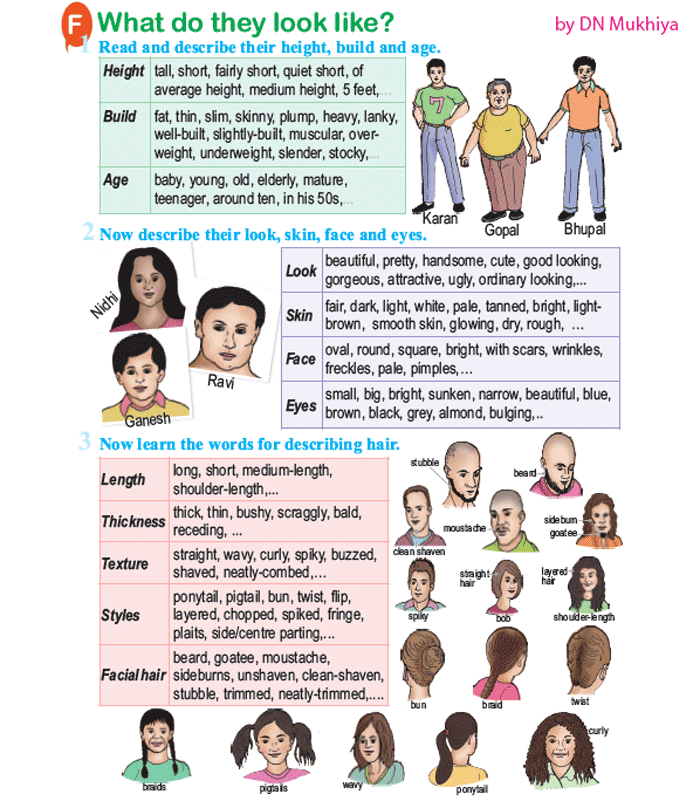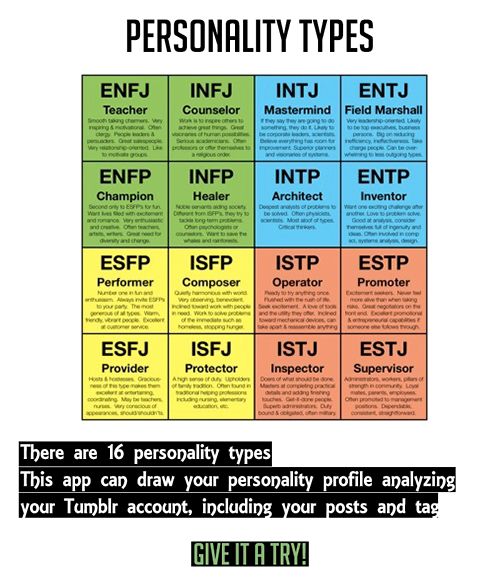How different personality types work together
How to work with all the Myers-Briggs personality types
The shift to remote work has given many of us a new perspective on how we do our jobs. Without the context of a shared workspace or the rhythm of a typical office day, our own personalities are having far more of a say in our performance.
It follows, then, that the best way to maximize our output in a WFH environment is to better know our personalities – and those of our dispersed colleagues.
An efficient (and intriguing) way to manage this personality wrangling is via the Myers-Briggs Type Indicator (MBTI). The MBTI is widely applied within the business world, with 89 of the Fortune 100 companies utilising it.
MBTI at work
“The MBTI is deceptively simple, but it’s also an extremely useful way to see how team members are inherently different, and how you can work together more successfully,” says occupational psychologist John Hackston, Head of Thought Leadership at the Myers-Briggs Company. “It’s a means to boost productivity in people, increasing their engagement and making them generally happier in their work.
”
In other words, the MBTI might just be the key to turning your remote team into a smooth autonomous unit.
What are the 16 Myers-Briggs personality types?
Based on Carl Jung’s Theory of Psychological Types, the MBTI is a self-reported personality survey that has been around in various shapes and forms since the 1940s. Respondents answer a series of simple questions about their feelings and preferences, eventually aligning with one of 16 personality types.
Each of these types is identified by four letters, starting with an E or an I (for extrovert/introvert) followed by S or N (sensibility/intuition), T or F (thinking/feeling), and finally a J or a P (judgment/perception). Each type also has a descriptor, e.g., “the analyst,” to further characterize the personality type in action.
Once you know your team members’ types, the thinking goes, you can better assign them to projects which match their preferences, proficiency, and proclivities. You can also communicate more effectively if you have a better idea of how people process information.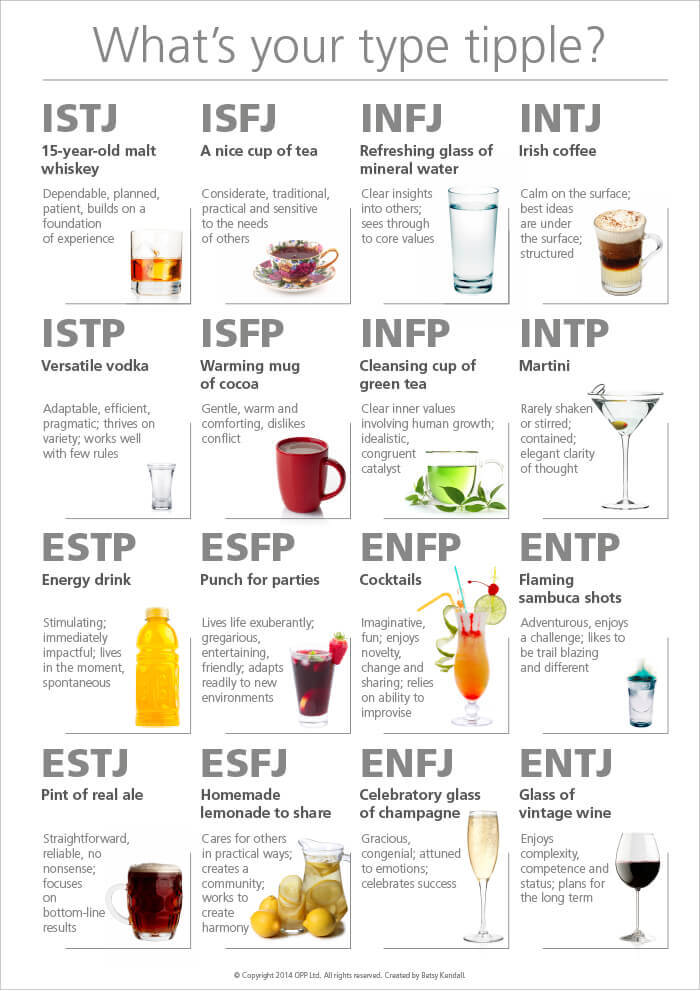
1. ISTJ: responsible realists
Who they are: dutiful doers who appreciate clarity, love routines, and believe in values like honor, hard work and social responsibility. They’re quiet, reserved and reliable. The Queen of England is an archetypal ISTJ.
How to work with them: “This personality type is incredibly well organized, which is a major asset in a remote working environment,” says psychologist and business coach Rosie Peacock, CEO of Conscious Enterprise. “They don’t need much management or checking up on, just email them a to-do list at the start of the week, and you can trust them to quietly get on with it. They’d also be the perfect type to organize and streamline any shared space online, from Dropbox to Google Docs.”
2. INFJ: insightful visionaries
Who they are: Principled creatives who are quietly forceful but also intuitive about people and concerned about their colleagues’ feelings. They tend to be deep thinkers with bags of ideas.
How to work with them: “The entire hiring process is considerably more difficult in a remote world, but Advocates can be an ace up your sleeve,” says Peacock. “They tend to be excellent judges of character, so it would be a major asset to have them sit in on virtual interviews. Just don’t put them center stage in any Zoom meetings if you can avoid it: they don’t thrive on attention, and work far better behind the scenes.”
3. INTJ: conceptual planners
Who they are: Perfectionist innovators who are comfortable alone and thrive in a remote work environment. People with this personality type are natural problem solvers who are great at taking an idea and turning it into a plan of action. They’re a dual threat: skilled at both intuitive and practical thinking.
How to work with them: “This group is usually more comfortable communicating by text, so they’ll often need to be nudged into picking up the phone or jumping on a Zoom call when it’s more beneficial,” says Hackston of the Myers-Briggs Company.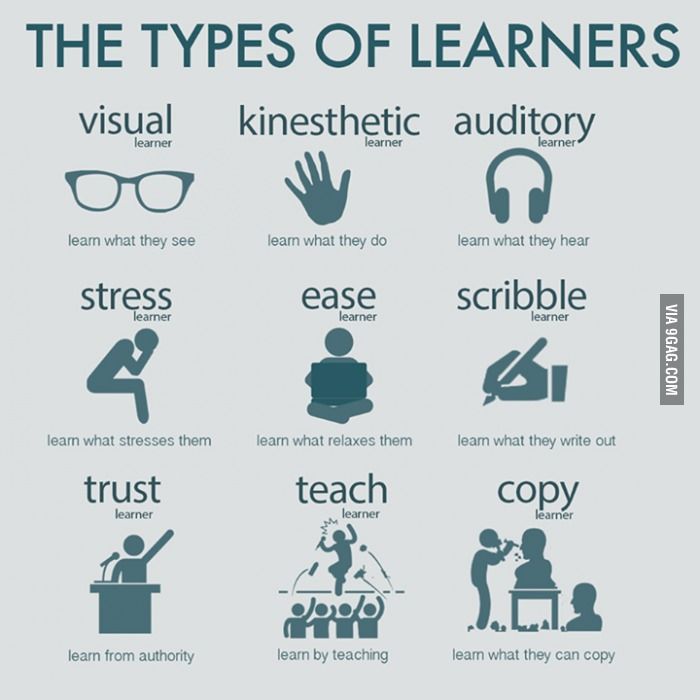 “They’re extremely deadline-focused, but there’s also a danger they can rush to hasty decisions, particularly without colleagues nearby to check their impulses. Sometimes INTJs need to be reminded to stop for a second, take their time, and let ideas germinate, rather than just rushing straight at them.”
“They’re extremely deadline-focused, but there’s also a danger they can rush to hasty decisions, particularly without colleagues nearby to check their impulses. Sometimes INTJs need to be reminded to stop for a second, take their time, and let ideas germinate, rather than just rushing straight at them.”
4. ISFJ: practical helpers
Who they are: The most extroverted of the introverts, ISFJs prioritise harmony and co-operation, have a strong work ethic, and are sensitive to colleagues’ wishes and feelings. But there is steel behind their zeal: they tend to be extremely conscientious workers who are natural managers, capable of keeping remote teams bonded and happy.
How to work with them: “ISFJs display incredible attention to detail, so they’re great for checking over others’ work, editing shared documents or looking over pitches and proposals at the final stage,” says Peacock.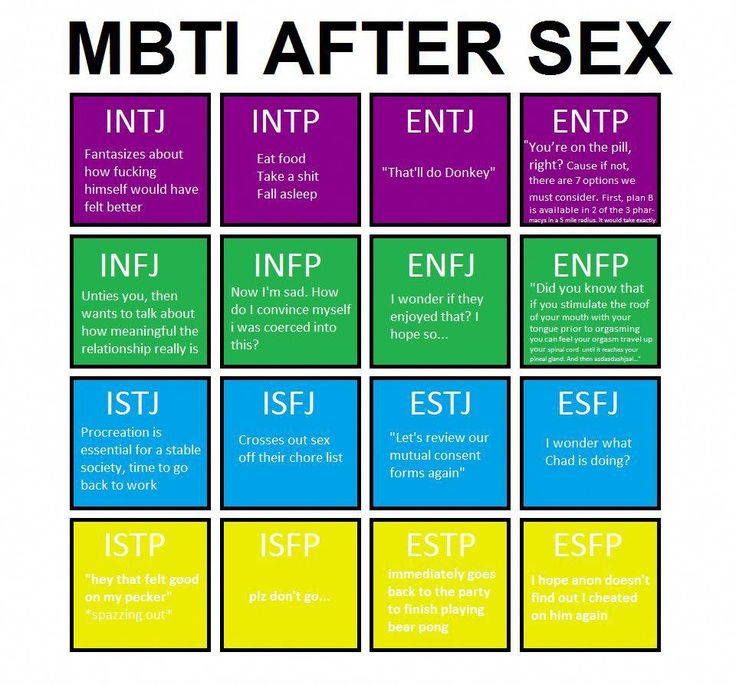 “They’re also very good at following rules and inspiring others to do the same, so put them in charge of any time tracking software you use – and watch them increase the efficiency of the entire team.”
“They’re also very good at following rules and inspiring others to do the same, so put them in charge of any time tracking software you use – and watch them increase the efficiency of the entire team.”
5. ISTP: logical pragmatists
Who they are: These are direct, to-the-point characters, who are loyal to their peers but not overly concerned with laws and rules. ISTPs are the most unpredictable of the 16 personality types, because they’re typically rational and logical, but can also be enthusiastic and spontaneous.
How to work with them: Virtuosos will likely feel the impact of missed day-to-day interactions with their teams most of all, so they’ll benefit from scheduled one-on-one digital meetings to maintain drive and focus. “ISTPs tend to excel at troubleshooting, so in a remote work environment they can be a major tech asset,” says Peacock. “They’re very good at test driving new tools and navigating software, but they also lose focus easily. They’re the team member most likely to turn off their camera in a meeting, open another window and start surfing the net – so they do need to be managed.”
They’re the team member most likely to turn off their camera in a meeting, open another window and start surfing the net – so they do need to be managed.”
6. ISFP: versatile supporters
Who they are: Sensitive doers who thrive when creating for others, Adventurers are warm, approachable, friendly and averse to confrontation. They also see the value of exploring new things and discovering new experiences.
How to work with them: “This group like to live in the moment and can become completely wrapped up in their work,” says Peacock. “Working from home and without colleagues physically monitoring them, they can burn out quite easily, so need to be reminded to take an hour for lunch and finish the working day at a reasonable time. Their energy is an asset, but it sometimes needs to be harnessed and directed in the right direction by others.”
7. INFP: thoughtful idealists
Who they are: Laidback idea-people with a well-developed value system, INFPs can often get lost in their imaginations and daydreams.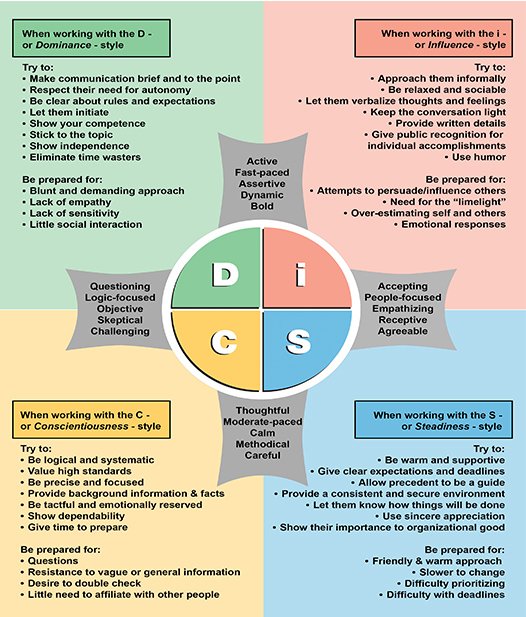 While they bring intensity and enthusiasm to projects, they often find it challenging to sustain their excitement for long periods of time.
While they bring intensity and enthusiasm to projects, they often find it challenging to sustain their excitement for long periods of time.
How to work with them: “This type tends to have very deep-seated values, which can cause problems because frustrations can stew when they’re offended,” says Hackston. “This is amplified when working remotely as grievances can linger for longer, so managers need to encourage them to get any concerns out into the open. Otherwise, the key to getting the best out of this group is to encourage and reinforce meaning in their work.” In other words, if their projects align with their values, this group can be an unstoppable force.
8. INTP: objective analysts
Who they are: Renegade problem solvers who love patterns, are quick to notice discrepancies, and cherish competence and logic. They thrive off being alone and will enjoy lockdown more than any other type.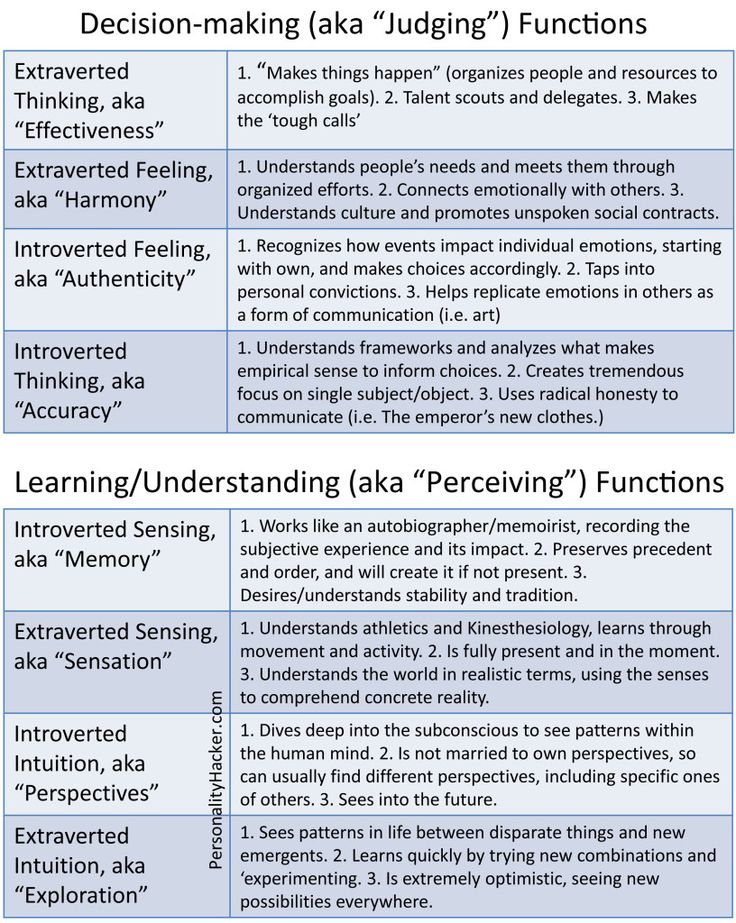 Albert Einstein is the archetypal INTP.
Albert Einstein is the archetypal INTP.
How to work with them: “This type really needs to be given the freedom to do things in an original way, and to be listened to, because they come up with the smartest solutions,” says Peacock.
“Their weak spot is that they often neglect to share decisions and solutions, and that trait can become even more pronounced when working from home,” adds Hackston. If there’s an INTP on your team, encourage them to use shared documents and software as much as possible. A tool like Confluence, for example, would be ideal.
9. ESTP: energetic problem solvers
Who they are: Risk takers who thrive on solving big problems at a fast pace. They’re passionate about their pursuits but can also get impatient with longer-term projects as they suffer from short attention spans. Entrepreneurs can be a major asset to any team, but they can also be hard to manage because they’re not particularly respectful of rules.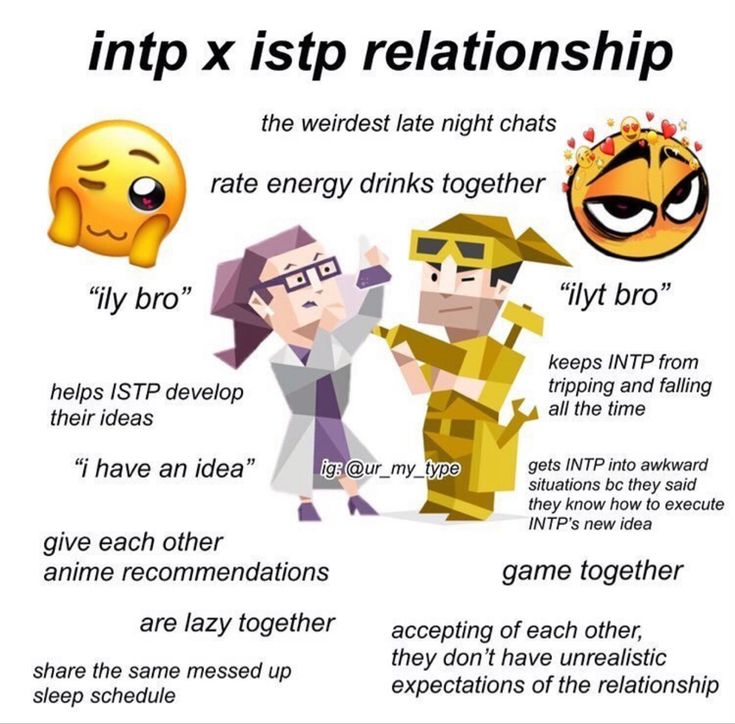
How to work with them: The solution here is simple – keep things fun and keep them moving fast. “This personality type is classically impatient, so give them a day’s worth of tasks in a project tool rather than any long-term targets,” says Peacock. “They’re also often very good at firefighting, because the thrill of the moment is exciting to them. As a general rule, Entrepreneurs are great at thinking outside the box, so don’t put them inside one by stifling their creativity.”
10. ESFP: enthusiastic improvisers
Who they are: The life and soul of the workplace, this personality type likes to show up and show off. They’re energetic, enthusiastic, and natural performers who often end up in creative or artistic professions. But while they love the spotlight they’re also sympathetic, warm, and generous.
How to work with them: “Entertainers need to be given time to sparkle in front of others, so remote working can drain them,” says Peacock.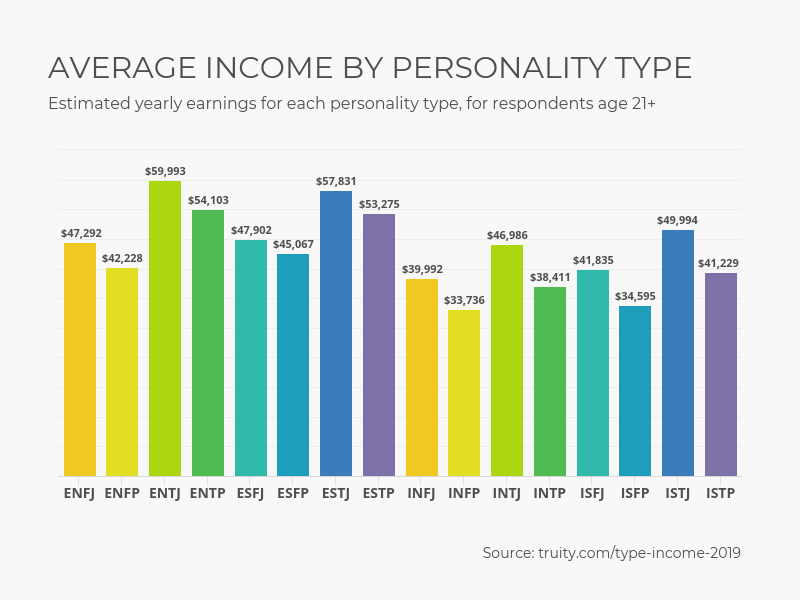 “Wherever possible, get them involved in videos, voiceovers, podcasts, or any project that involves creative performance. They’ll also be superb in remote pitches, as they’ll bring a persuasive energy which could otherwise be lacking via computer screen.”
“Wherever possible, get them involved in videos, voiceovers, podcasts, or any project that involves creative performance. They’ll also be superb in remote pitches, as they’ll bring a persuasive energy which could otherwise be lacking via computer screen.”
11. ENFP: imaginative motivators
Who they are: Perceptive people-pleasers, who love to experiment and explore. Campaigners have a strong, intuitive nature and like to be around others, operating from feelings above logic. Crucially, they are motivated more by heartfelt goals than by money.
How to work with them: “This group excels at both idea-generation and collaborative projects, so they’d be a major asset in brainstorming sessions and any big picture thinking,” says Hackston. “Their weakness is that they’re not the best starter-finishers, so deadlines can be an issue. That can be exacerbated when working remotely, when they don’t always see messages or respond quickly enough to colleagues. As a result, they often need gently managing in order to realize their high creative value.”
As a result, they often need gently managing in order to realize their high creative value.”
12. ENTP: enterprising explorers
Who they are: Charismatic intellectuals who enjoy pulling strings, many CEOs slot into this group. This personality type is logical, rational and objective but needs constant mental stimulation. Often leaders and managers, they prefer to focus on big ideas and resist repetitive tasks and routines.
How to work with them: Predictably, Debaters are very good at debating, so play to their strengths. “This group tends to be great on new ideas and products, as well as bigger discussions about how to move the business forward,” says Peacock. “They’re also adept at impressing clients and pitching for new business, so you want them on any game-changing Zoom calls. You just might need to remind them to mute themselves occasionally, because, if unchecked, they may dominate conversation. ”
”
13. ESTJ: efficient organisers
Who they are: Also nicknamed The Guardian, this type is made up of pragmatic decision-makers who are traditional, organized, hard-working, methodical and loyal. If your business was a sports team, they’d be the veteran captain.
How to work with them: “This group loves to organize themselves, other people, and the world around them, which can be an asset but can also come across as bossy and aggressive – particularly when they’re dishing out instructions without any face-to-face contact,” says Hackston. “They often need to be reminded to be tactful with others, particularly in an environment where they’re primarily communicating via email or messaging apps, leaving their sentences open to greater interpretation.”
14. ESFJ: supportive contributors
Who they are: Nurturing caregivers who thrive on serving the collective.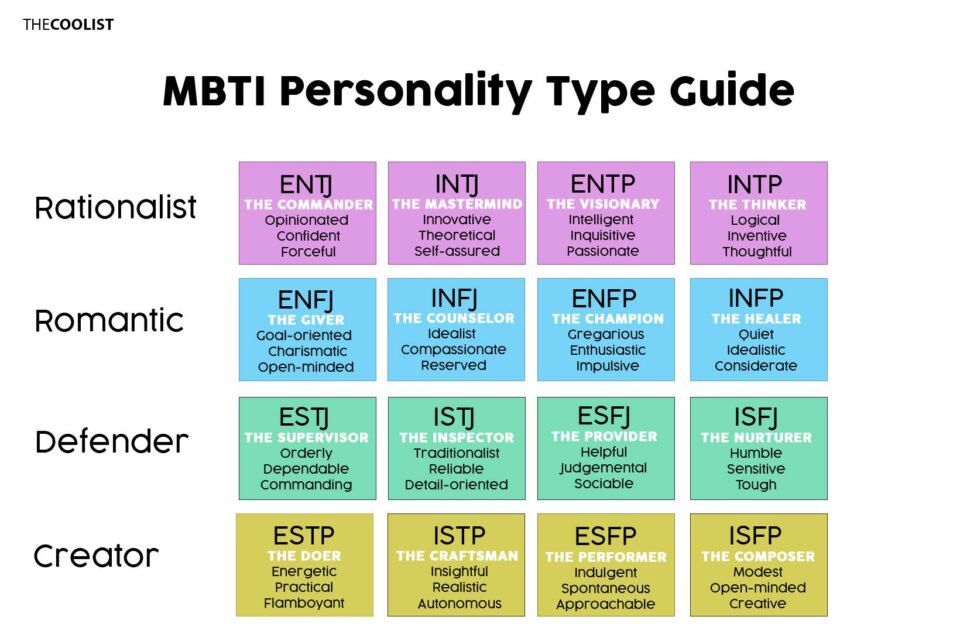 This group are sociable, kind, and considerate – and will typically put others’ needs first. They’ll be the ones messaging colleagues directly to check on their wellbeing, while trying to organize online quizzes and virtual happy hours.
This group are sociable, kind, and considerate – and will typically put others’ needs first. They’ll be the ones messaging colleagues directly to check on their wellbeing, while trying to organize online quizzes and virtual happy hours.
How to work with them: “This is the personality type who make the best project managers, because people love working for them,” says Peacock. “They’re organized, as well as thoughtful, so are ideal for bringing projects together on time. Thanks to their caring, patient nature, they’d also be a strong choice for remote onboarding new starters.”
15. ENFJ: compassionate facilitators
Who they are: Another group of natural leaders, but unlike their ENTP colleagues, this cadre is driven more by intuition and feelings than logic and rationality. If they’re managers, they’re the inspirational type: extremely driven but also extremely empathetic to the needs of those around them.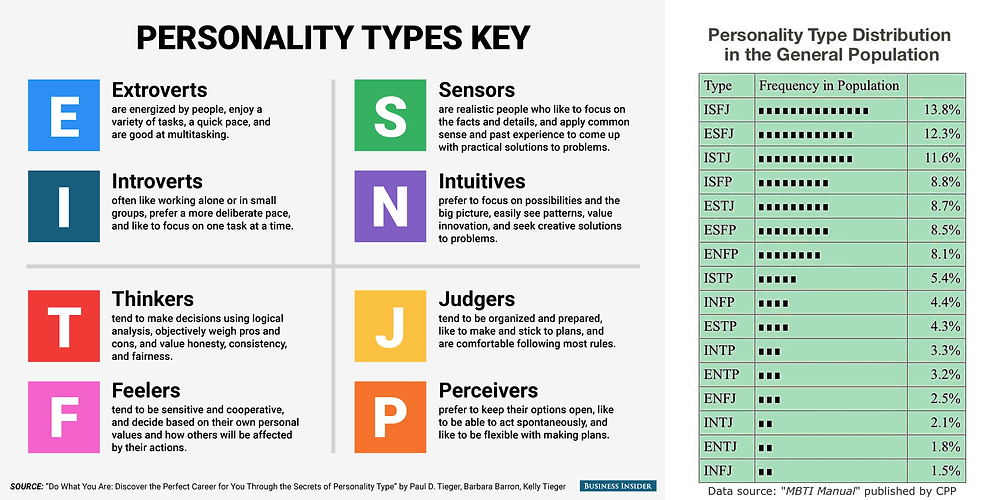 Both Abraham Lincoln and Barack Obama are classic ENFJs.
Both Abraham Lincoln and Barack Obama are classic ENFJs.
How to work with them: People-focused diplomats, this group tends to forget their own needs in favor of the greater good, and that can sometimes be detrimental – not just in terms of burnout, but also when completing their own tasks. However, with this group, the positives vastly outweigh any negatives.
“It’s always a good idea to have Protagonists lead group discussions, even if they’re not in a leadership role, because they excel at it,” says Peacock. “They should be your go-to Zoom meeting host, and at the heart of any situation involving discussion, consensus, and the bringing together of people and ideas.”
16. ENTJ: decisive strategists
Who they are: Logical planners who love breaking down boundaries and identifying solutions. They value knowledge and have little patience with inefficiency. Above all, they are about goal-setting, structure, and organization.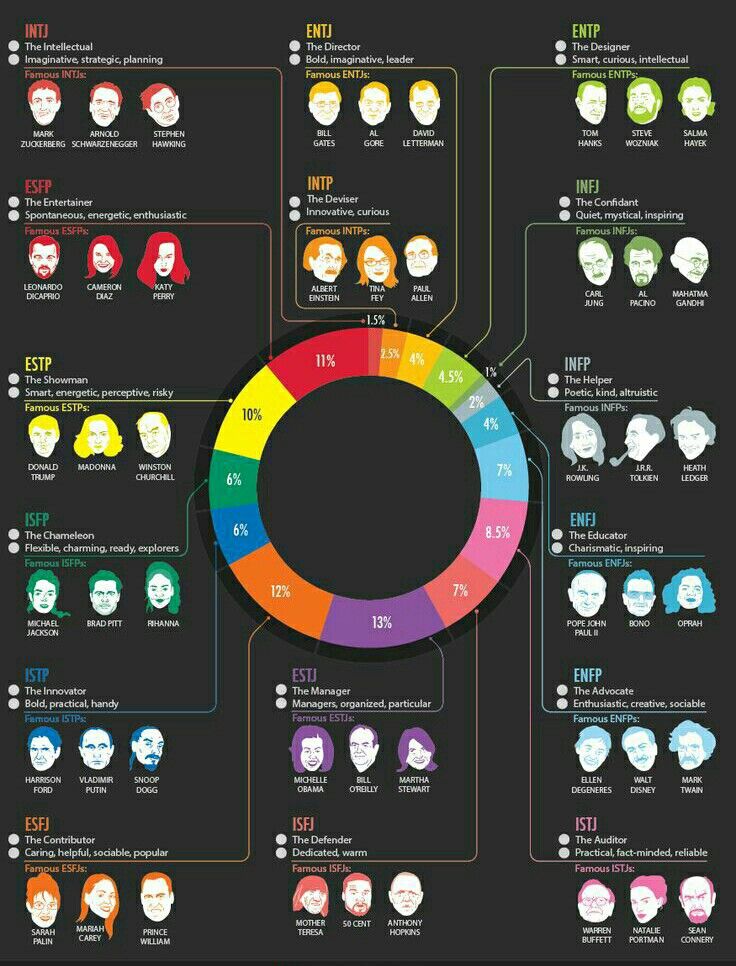 They are generally charismatic and confident, and can motivate others behind a common goal.
They are generally charismatic and confident, and can motivate others behind a common goal.
How to work with them: “This type naturally likes big pictures and big decisions, and that can create problems when working from home,” says Hackston. “They don’t always see the finer details when implementing plans, and in a remote working environment, that puts them at greater risk of pushing through decisions without properly taking in the views of others. To truly excel, ENTJs need to remember the necessary balance between directing and consulting.”
Can you take the Myers-Briggs test online?
Yes. To get started, take the official Myers-Briggs test here (or try a similar free questionnaire, recommended by psychologists here). Consider having your whole team take the test and then share the results.
Subscribe to Work Life
Get stories like this in your inbox
What Are the Benefits of Having Different Personalities & Temperaments in the Workplace? | Small Business
By Sampson Quain Updated October 25, 2018
Employees that have a diverse personality can contribute to a high-functioning workplace that makes everyone feel as if they’re valued for their individual skills and talents. As a business owner, it’s your job to ensure that you develop a culture in which an employee’s personality is directed in effective ways. Employees come with differing temperaments, which means that even two quiet employees won’t necessarily react or respond in the same way. Although working with different people can cause an occasional challenge, it can also be beneficial by creating balance. Learning how to appreciate the different team personality types at your workplace can help create a positive environment with less personality-related stress and misunderstandings.
As a business owner, it’s your job to ensure that you develop a culture in which an employee’s personality is directed in effective ways. Employees come with differing temperaments, which means that even two quiet employees won’t necessarily react or respond in the same way. Although working with different people can cause an occasional challenge, it can also be beneficial by creating balance. Learning how to appreciate the different team personality types at your workplace can help create a positive environment with less personality-related stress and misunderstandings.
A combination of different team personality types can create a stronger, more balanced workplace. Employees who are quiet and introverted often help to stabilize things at work, but workers who are risk-takers can provide the spark necessary to try new things, develop bolder ideas, and suggest improvements that can boost efficiency.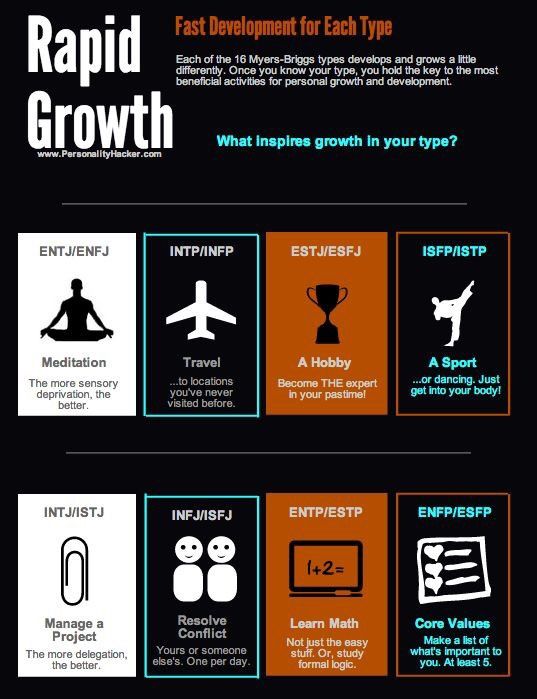 A company that's filled with too many of the same personality types may focus on certain tasks but may overlook other tasks that are equally important. Working with different people who have a mix of personalities helps compensate for individual strengths and weaknesses.
A company that's filled with too many of the same personality types may focus on certain tasks but may overlook other tasks that are equally important. Working with different people who have a mix of personalities helps compensate for individual strengths and weaknesses.
In many businesses, there are six primary personality types: stabilizer, adventurer, driver, cheerleader, perfectionist, and energizer. The latent and dominant characteristics of these personalities combine to create a diversity that contributes to a successful team. For example, having a stabilizing employee who is reliable, consistent, and risk-averse, and an adventurous employee that likes to take risks helps reduce loss due to the range of ideas and thoughts that clash, and eventually achieve compromise.
Improves Decision-MakingWhen different personalities and temperaments are joined together, there’s a much higher likelihood that they will bring a unique perspective to solve problems.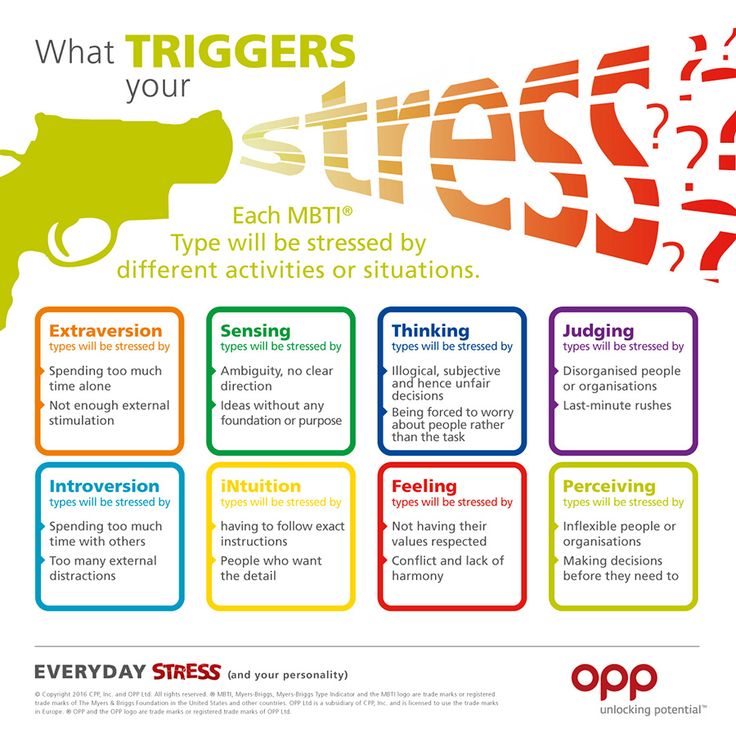 Working with different people means that there will be a range of ways to tackle issues. For example, an employee who has an off-the-cuff personality is more likely to have many ideas about how to resolve an issue, whereas an employee with a studious personality and temperament can logically assess the pros and cons of each possible solution.
Working with different people means that there will be a range of ways to tackle issues. For example, an employee who has an off-the-cuff personality is more likely to have many ideas about how to resolve an issue, whereas an employee with a studious personality and temperament can logically assess the pros and cons of each possible solution.
Many companies are structured to work in teams, and each team includes employees from different cultural backgrounds with different skills and talents. Teams that include employees with a diverse personality are better equipped to achieve increased production and efficiency because they include creative employees, organized employees, and employees that are somewhere in the middle. This mixture of strengths helps mitigate weaknesses and helps avoid the problems of teams with employees that have the same temperament and personality. For example, a team that only includes people that are highly creative may lack the organization to function at peak levels. The same is true for people that are highly organized but lack the creativity to develop good ideas.
For example, a team that only includes people that are highly creative may lack the organization to function at peak levels. The same is true for people that are highly organized but lack the creativity to develop good ideas.
The types of personalities and temperaments at your company affect employee morale. If you hire too many employees that are competitive with each other or too many employees who are loners, it will be challenging to get them to work together as a team. And when teams are made up of the wrong combination of workers, morale is negatively impacted, because employees are constantly in conflict. When each employee has something to contribute and a different way of looking at things, it can help foster an environment of cooperation, boosting morale in the process. Your staff wants to feel good about coming to work every day, and if you build a culture that's inclusive of diverse personalities and temperaments, you will raise employee morale.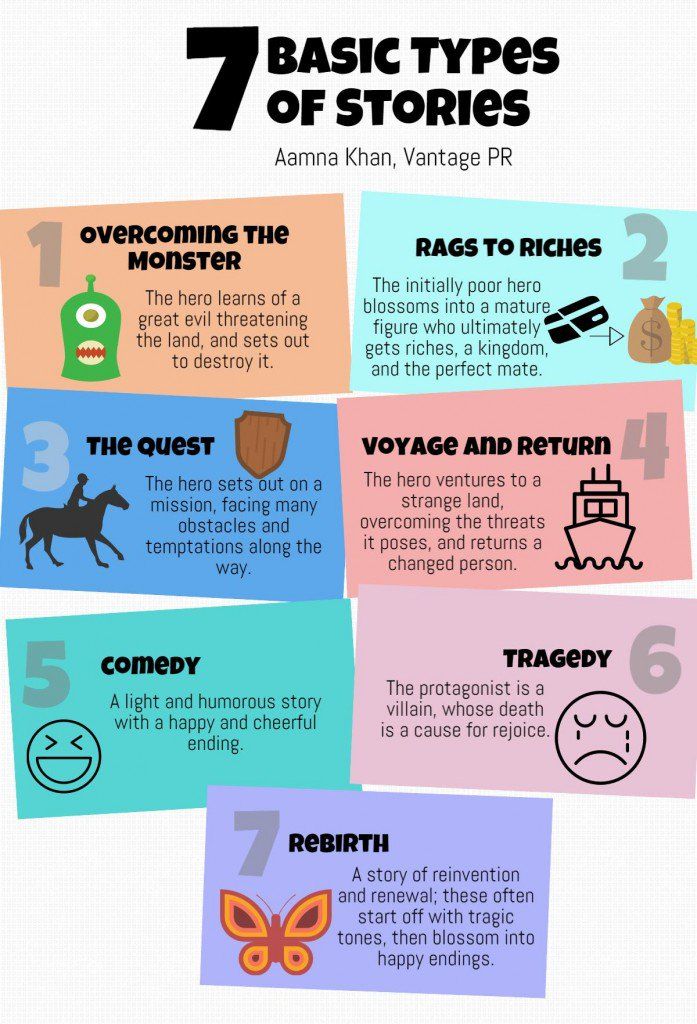
References
- Forbes: How Positive Employee Morale Benefits Your Business
- Forbes: How Different Personalities Can Work Together
- WorkWise: 7 Types of Work Personalities and How to Effectively Manage Each of Them
Writer Bio
Sampson Quain is an experienced content writer with a wide range of expertise in small business, digital marketing, SEO marketing, SEM marketing, and social media outreach. He has written primarily for the EHow brand of Demand Studios as well as business strategy sites such as Digital Authority.
What are the types of personality and how to interact with them
It is a matter of life experience to understand what kind of person you are in front of you. But learning from our mistakes, as we know, is not always useful, which is why we often resort to psychology. You can understand the characteristics of your interlocutor right now and build relationships with him correctly, guided by simple knowledge about 10 basic personality types.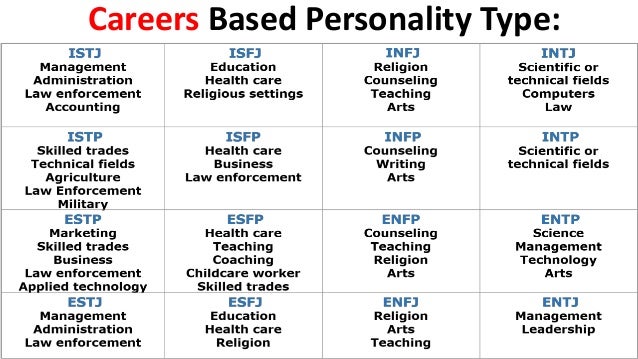 Get ready - below is a very practical and useful guide from Tatyana Vladimirovna Mizinova, Ph.D., President of the European Association for the Development of Psychoanalysis and Psychotherapy (EARPP), Vice President of ECPP (Vienna, Austria) and Director of the Persona psychological center. nine0004
Get ready - below is a very practical and useful guide from Tatyana Vladimirovna Mizinova, Ph.D., President of the European Association for the Development of Psychoanalysis and Psychotherapy (EARPP), Vice President of ECPP (Vienna, Austria) and Director of the Persona psychological center. nine0004
For centuries people have sought to create classifications that could predict or explain the behavior of others.
Astrology offered signs of the zodiac, the Chinese horoscope determined the features of a person depending on the year of birth. As science developed, more precise and specific personality typologies appeared. One of the first belongs to Hippocrates, who singled out four types of temperament and, on the basis of the views that existed in science at that time, associated them with the influence of the internal fluids of the body:
Phlegmatic is a calm and unflappable person who rarely shows his true emotions and feelings. In study and work, he will be thorough and unhurried, paying attention to detail and quality.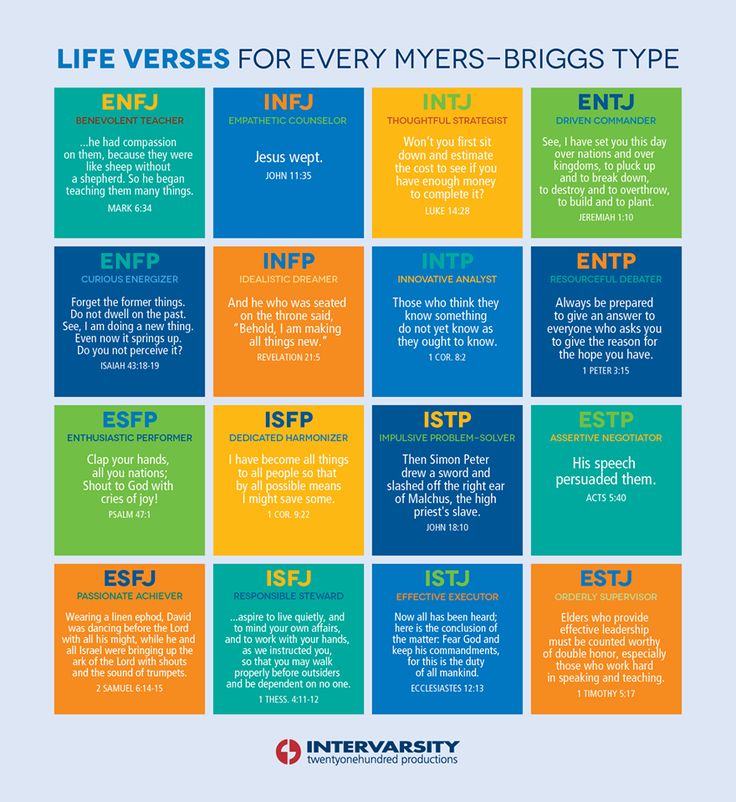
Popular
Choleric is an impulsive, impetuous and passionate person with a sharply changing mood. He also quickly loses interest in the things he has started, especially if they do not bring immediate results. Showing exorbitant activity, choleric people are quickly exhausted emotionally and physically. nine0005
Sanguine is a mobile person with a quick reaction to events taking place around him, but at the same time able to maintain interest in work, even if it is not very interesting. Can easily experience failure.
Melancholic - an impressionable person, often in despondency and thoughts, easily vulnerable, prone to constant experience of his internal processes. Prefers to avoid noisy communication and work alone.
With the development of scientific knowledge and the growing interest in human psychology, dozens of other classifications have appeared based on completely different criteria, and sometimes repeating and complementing each other.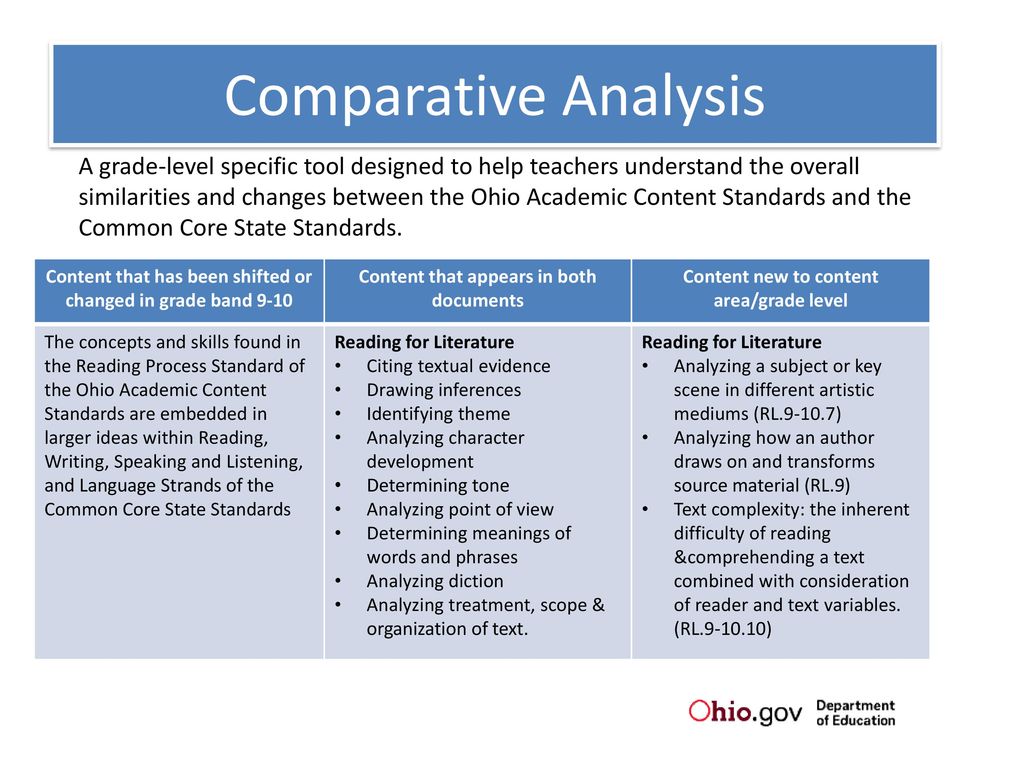 nine0005
nine0005
Thus, Jung singled out two main psychotypes of personality based on the reaction to external stimuli. An extrovert is a person who enjoys communicating with others, open to the world and willingly making contact. Introvert - is distinguished by restraint and prefers solitude to social contacts.
Popular
German psychiatrist Ernst Kretschmer and American psychologist William Sheldon proposed a theory about the relationship of temperament type with bodily manifestations and described three types of physique and their corresponding psychological types. nine0005
Asthenik — a man with narrow bones, underdeveloped muscles, thin. He tries not to take active actions and prefers reflection. Often these are closed people who avoid active communication.
Athletic - the owner of a developed skeleton and muscles. Purposeful, persistent, energetic, prone to risk. This type of people is prone to impulsive actions without much thought.
This type of people is prone to impulsive actions without much thought.
Picnic is overweight, good-natured, open person, prone to seeking comfort and enjoying food. nine0005
Very common and often used today is the classification according to the leading type of perception in humans.
Visual psychotype . It is important for such people to see. Best of all, they assimilate information when reading, and also always evaluate externally, since images, colors, visualization, and gestures play an important role for them.
Auditory psychotype. Such people pay attention to the interlocutor's speech, voice timbre, tone. The information that they perceive by ear is more understandable for them and is better remembered. nine0005
Kinesthetic Psychotype . People of this psychotype are used to feeling. Tactile contacts are important to them, they perceive information through smell, touch and with the help of movements.
Discrete - a person whose perception of information occurs through logical comprehension with the help of numbers, signs, arguments. This psychotype develops as a person grows up, since it is based on well-formed logical thinking.
Popular
These are just a few of the most well-known classifications that make it possible to rather conditionally group people into groups according to related characteristics.
A more interesting and profound classification, on the basis of which psychoanalysts and psychoanalytic psychotherapists work, is the classification proposed by Nancy McWilliams in the book "Psychoanalytic Diagnosis". It describes ten basic personality types.
Schizoid personality type
How to recognize? Most often this type of personality occurs in men. They appear self-absorbed and often avoid contact, preferring computer games instead. Outwardly, they look like loners with “frozen” feelings and strangers in the company detached from the whole world.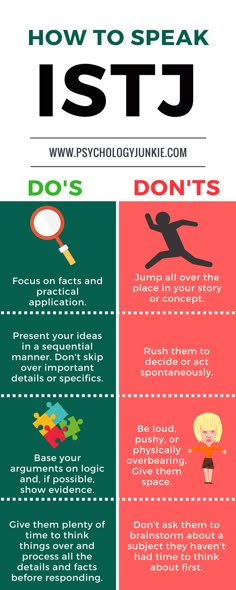 However, this erroneous impression disappears if you get to know them better. These are very subtly and sharply feeling people, capable of love and care, but they cannot stand the noise and pressure on them. nine0005
However, this erroneous impression disappears if you get to know them better. These are very subtly and sharply feeling people, capable of love and care, but they cannot stand the noise and pressure on them. nine0005
Popular
How to interact? They live at their own pace and are grateful if their partners understand them and don't put too much pressure on them. Meetings and joint affairs with them must be agreed in advance, since spontaneous actions frighten them rather than attract them. In any IT company, you can always find many employees with this type of personality.
Antisocial personality type
How to recognize? Most often these are people whose childhood was spent in difficult conditions. Not receiving enough love and care, they perceive the world as a threat and react with aggression, even when no one attacks them. People with an antisocial personality type are not capable of empathy and cannot understand the feelings of others, so they rarely establish strong relationships and often change partners without trusting anyone.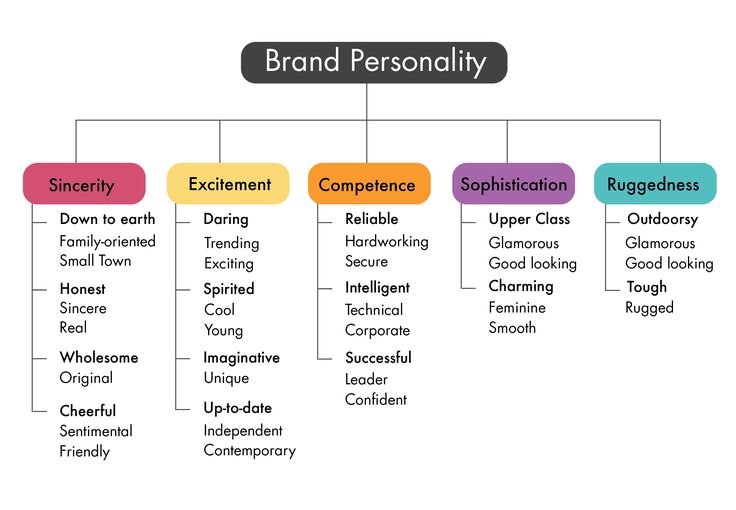 When they meet, they give the impression of bright, courageous people and attract with their extraordinary and sometimes risky actions. nine0005
When they meet, they give the impression of bright, courageous people and attract with their extraordinary and sometimes risky actions. nine0005
How to interact? They generously make promises that will never come true, engage in failed projects for their own benefit, and never feel remorse for hurting loved ones. Oddly enough, antisocial individuals, going over their heads, are successful in business - their unscrupulousness helps them in this. What you never hear from people of this type are words of tenderness. Any manifestation of feelings they perceive as weakness.
Popular
Depressive personality type
How to recognize? These are people whose attitude is based on low self-esteem and the feeling that they will always be not good enough. In childhood, they were rejected by their parents: for example, they were left to live with their grandmother. This experience in adulthood is transformed into their unconscious belief that they are worthy of rejection.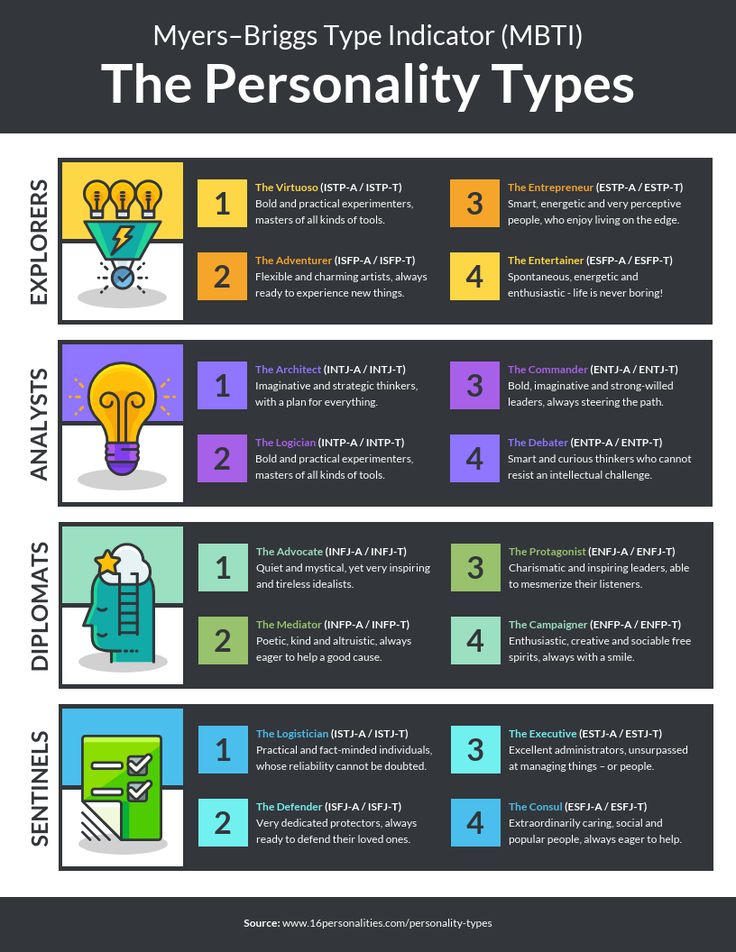 The whole life of people with a depressive personality type is aimed at earning the love and recognition of others. nine0005
The whole life of people with a depressive personality type is aimed at earning the love and recognition of others. nine0005
How to interact? These are very kind, gentle people, often sacrificing themselves without any benefit. They try to do as much good as possible in all areas that are available to them. They rarely get angry and express dissatisfaction with others, directing negative feelings towards themselves. People of the depressive type are prone to anhedonia and respond with great gratitude to any manifestations of attention and love for them.
Manic personality type
How to recognize? nine0012 A person with a manic personality type is always cheerful and cheerful, tends to idealize others, often flirts and attracts attention with noisy behavior, which is sometimes excessive.
Popular
Almost in any company there is a person who speaks loudly, actively gesticulates, gushing with jokes and ideas, thereby greatly tiring others.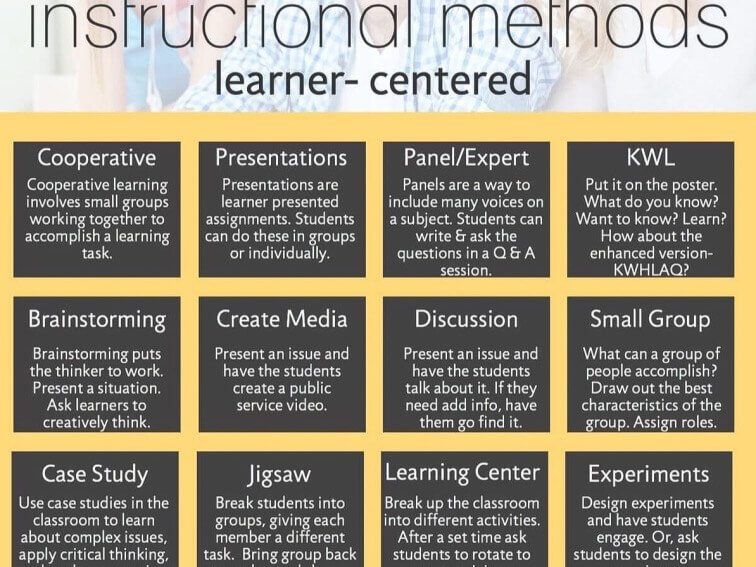 It is quite difficult and tiring to be with such a person for a long time - this is the basis of his problems. nine0005
It is quite difficult and tiring to be with such a person for a long time - this is the basis of his problems. nine0005
How to interact? Manic people cannot stand loneliness, immediately falling into anxiety, but their activity gives the impression of superficial communication and unwillingness to enter into close relationships. People with this type of character can be excellent organizers and crisis managers. They are successful in any business that requires quick turn-on and action.
Narcissistic personality type
How to recognize? This personality type has been often demonized lately, and the words "narcissist" and "abuser" have become almost synonymous. But it is not so. Most often, people of this type grow up in families where love had to be earned, they were constantly compared with other children, emphasizing other people's achievements and devaluing his own. The feeling that he was good and loved arose only if he was praised for grades or other merits.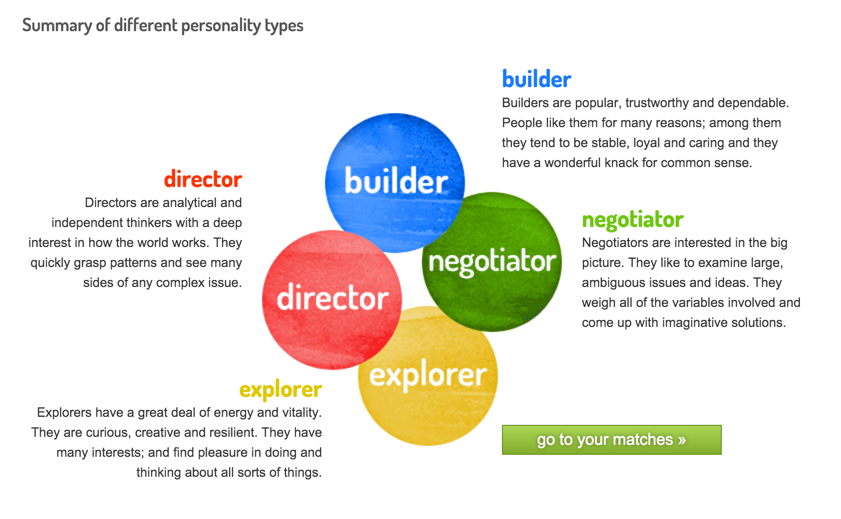 People with a narcissistic personality type are in two polar states: grandiosity and insignificance. They need to constantly achieve the highest results in order to feel good. The slightest failure is perceived as a total failure, which is accompanied by a sense of destructive shame. nine0005
People with a narcissistic personality type are in two polar states: grandiosity and insignificance. They need to constantly achieve the highest results in order to feel good. The slightest failure is perceived as a total failure, which is accompanied by a sense of destructive shame. nine0005
Popular
How to interact? They cannot stand the slightest criticism, they are constantly preoccupied with their appearance and social status, they suffer from perfectionism, which does not make them feel the joy of achievements. This psychotype is equally found among both men and women. At the beginning of a relationship, a bright and unforgettable period of passion and adventure awaits them, which is always replaced by disappointment and the problem of getting out of this relationship, as the partners are held by memories and the hope of returning all the good things. nine0005
Paranoid personality type
How to recognize? One could say about the paranoid personality type that these are people with a “bad character”.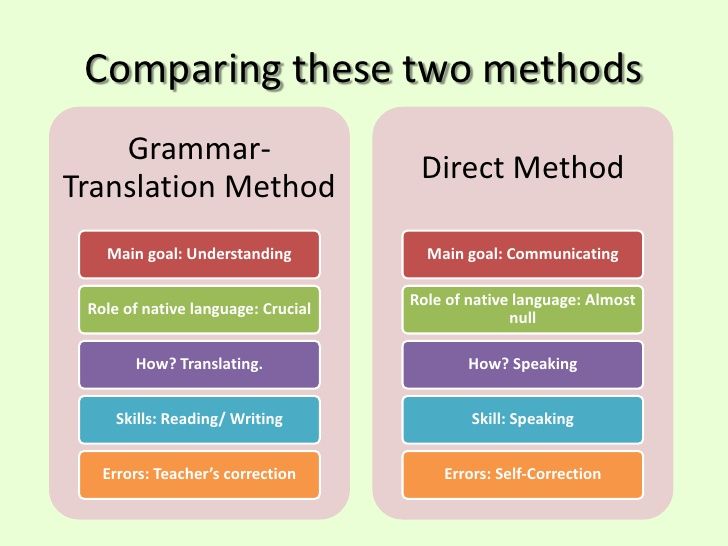 Suspicion, incredulity, lack of a sense of humor, criticality are their characteristic features, which often lead to a lack of friends and family relationships.
Suspicion, incredulity, lack of a sense of humor, criticality are their characteristic features, which often lead to a lack of friends and family relationships.
How to interact? Often they are consumed by pathological jealousy - they can constantly check their partner, because they are afraid of betrayal and see him everywhere. The feeling of constant tension and the inability to relax, the need to be in constant struggle, greatly complicate their life. At the same time, these are people with a high level of intelligence: they can reach high positions in areas where their character traits are applicable. nine0005
Masochistic personality type
How to recognize? Often these are people who are defiantly in the position of a victim, forcing others to show sympathy and support for them. There are three main topics that these people complain about: Even if they seek the help of a specialist, they still do not follow the recommendations. nine0018
nine0018
How to interact? Most often, women belong to this type of personality. Before we allow ourselves to be drawn into a discussion of their suffering, we need to consider whether we are becoming an object of manipulation. nine0005
Obsessive-compulsive personality type
How to recognize? The obsessive personality type tends to get stuck on thinking about ideas and intentions, for them the transition to action is problematic.
Popular
Any purchase, not to mention changing jobs or choosing an apartment, causes a lot of problems and doubts. They can plan trips for years, but not take concrete steps, as they are not sure of the correctness of their choice. nine0005
They can plan trips for years, but not take concrete steps, as they are not sure of the correctness of their choice. nine0005
In contrast, people of the compulsive type are prone to rash impulsive actions and decisions that they later regret.
How to interact? Parents of people with this personality type are overly strict and demand absolute obedience from their children. As a result, they either accept these settings, constantly doubting the correctness of the choice, or they rebel, trying to do everything quickly, until the conditional "parent" stops them. People of this type are kind, take responsibility, are attuned to family life and love to equip life. nine0005
Hysterical personality type (theatrical personality)
How to recognize? Bright, demonstrative, in need of attention and demanding love. Most often, it is women who are representatives of the hysterical type of personality.
They tend to get into stories connected with love dramas, they can drag them out for years, falling into dependence on these experiences. Therefore, they often move from one love crisis to another.
Therefore, they often move from one love crisis to another.
How to interact? nine0012 The hysterical personality type implies high emotionality, but at the same time the ability to create strong, warm and stable relationships. In them, the partner will be comfortable, provided that he is generous with compliments and manifestations of love. In their hearts, women of a hysterical personality type always remain little girls in dire need of a partner's care. They are always ready to play their little performance both for a large hall and for one spectator.
Popular
how to find an approach to each of them
Want a joke? In the evening, three workers were given the task of planting 20 apple trees. The next day, the first worker conscientiously dug 20 holes. And the third worker covered them all. Each of them did an excellent job. However, not a single apple tree was planted. And all because the second employee did not show up for work and did not warn anyone.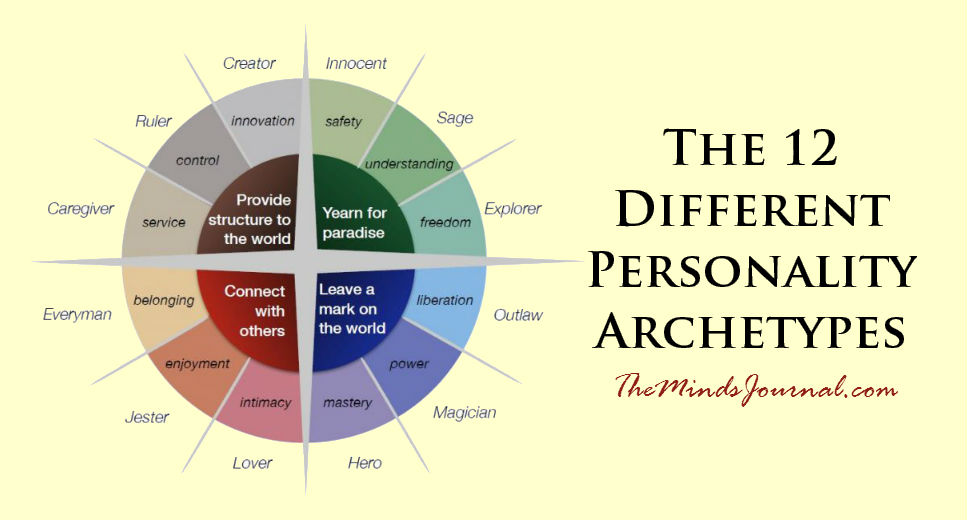
Worried that your employees might do the same? Then let's figure it out. nine0005
There are dozens of classifications of employee personality types. None of them claims to be true, because the character of each person is unique. People cannot fit into 6 or 16 types. However, knowledge of the psychological classification makes it clear what motivates a person or, on the contrary, depresses. This helps to build relationships with different people and effectively manage workflows.
What makes up the formula of a person's psychotype? What are the types of employees in an organization? How do they behave in different job positions? We analyze growth areas and strengths of employees depending on their psychological type in the new Yva.ai material. nine0005
Psychological classification: the formula of the psychotype of the employee
Swiss psychiatrist and teacher Karl Gustav Jung proposed to typify people according to their personal attitudes - extroversion and Introversion and four functions - Logic (thinking), ethics , sensory (feeling) and intuitiveness 1 .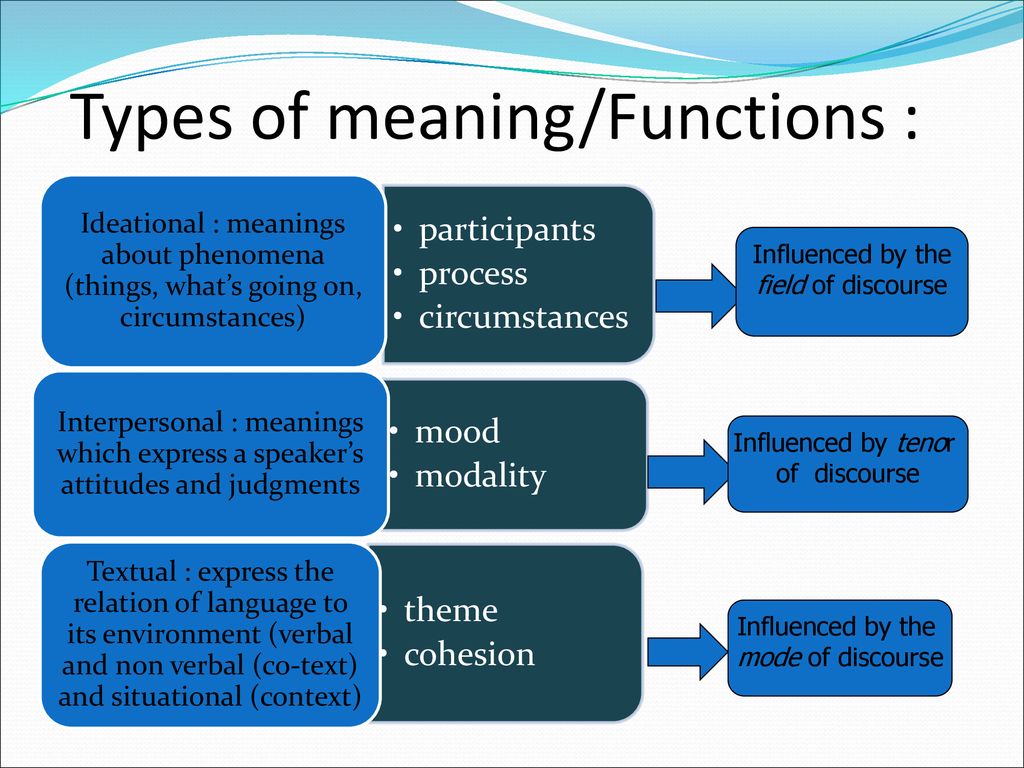
Later, the American psychologist David Keirsey added another pair to them - discretion and impulsiveness 2 . This is how 16 personality types appeared. Each of the 16 personality types has its own compound formula. Depending on the psychophysiological qualities that prevail in it.
Consider the types of employees according to the psychological characteristics of the individual. Let's focus on the business qualities of each of the 16 psychotypes 3 .
Types of managers, colleagues and subordinates: analyst caste
Strategist, architect (INTJ) - this type of personality has high standards and demands on oneself. They build relationships with people on the principle of "respect - do not respect." It is very easy to lose this respect, and it is almost impossible to regain it. For them, innovation is more important than comfort, and efficiency is more important than communication.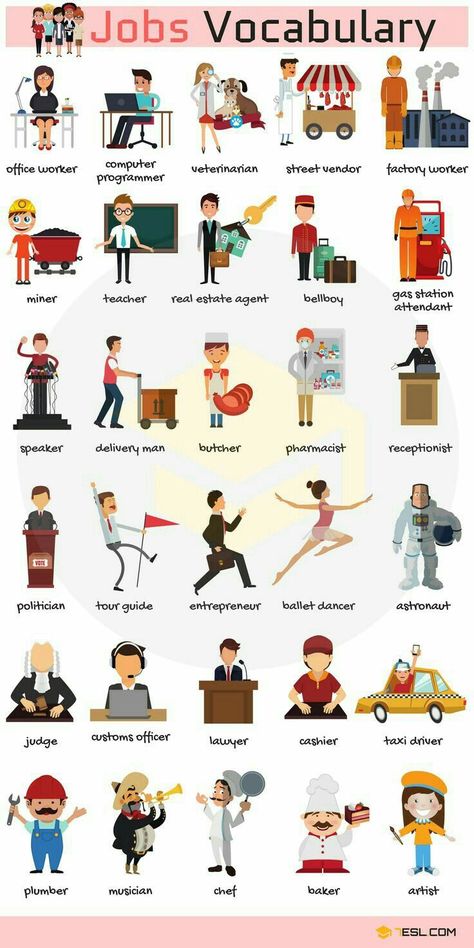 With those who think otherwise, this personality type can be blunt and dismissive.
With those who think otherwise, this personality type can be blunt and dismissive.
Logic and open-mindedness are two words that can describe a strategist. He reacts extremely negatively to attempts to restrict his freedom. This is not the kind of person who will strictly adhere to the rules. If the boss does not command respect from the strategist, they will not work together.
It is rare for a strategist to choose constant teamwork. Their perfectionism and high standards allow them to remain solitary players. They can't stand idle chatter in the workplace. Strategists tend not to make friends at work. However, in a team with reliable and highly skilled players, this employee personality type can achieve significant success. nine0005
Strategists need power to drive their own innovation and efficiency, not to assert themselves. With subordinates, they are usually on an equal footing. They value independence and provide them with enough freedom in daily activities.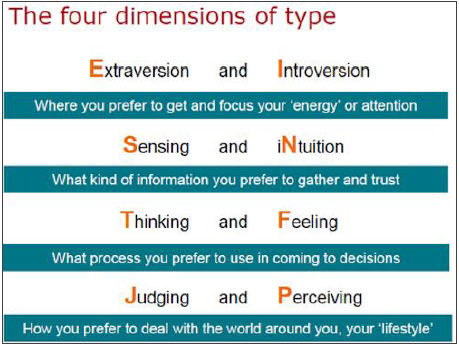
They care about the details. Strategists will demand from subordinates a detailed account of how the project is progressing. They easily delegate authority to subordinates with developed critical thinking. For those who expect specific instructions from the leader, it can be difficult with a strategist. nine0005
Scientist, logician (INTP) are lovers of complex problems. They need constant mental stress and freedom to implement their own ideas. Routine tasks and a high communication load drive scientists into stress. They can be very effective in team work, which is avoided in every possible way.
Scientists are annoyed by colleagues asking them to share how they plan to implement their ideas. However, in the long run, this can help them not only come up with ideas with lightning speed, but also bring them to life. nine0005
Scientists can lose motivation in a restrictive environment. The leader of this type of employees should set challenging tasks for them, encourage resourcefulness and innovative approach.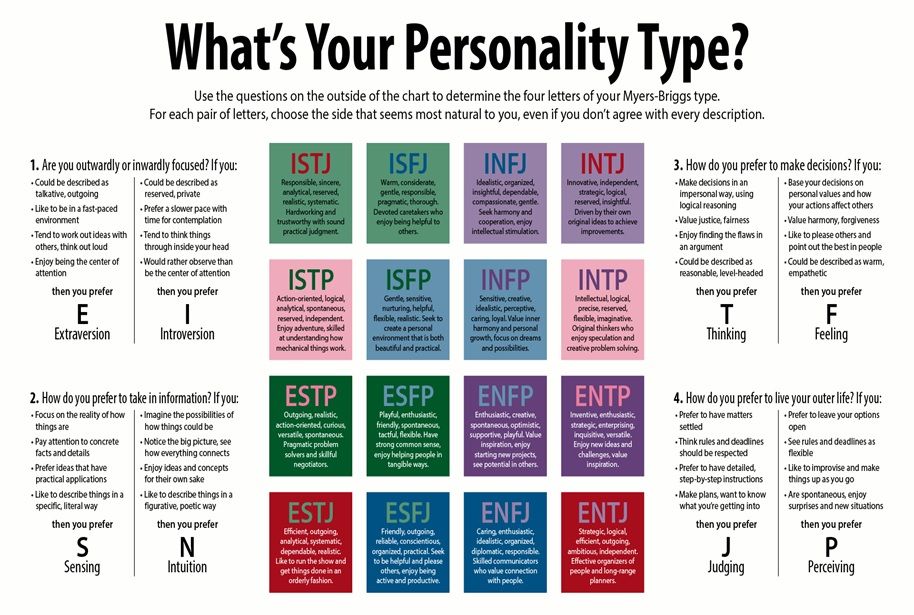 Scientists tend to put off uninteresting and routine tasks. They find it difficult to complete projects.
Scientists tend to put off uninteresting and routine tasks. They find it difficult to complete projects.
Scientists often perceive colleagues as a distraction from their work. The people who challenge them are doing them a favor. This spurs scientists on to stay the best. Deep down in their hearts they need variety. nine0005
Scientists like to lead people, but they don't want to. They try to delegate routine tasks to subordinates in order to focus their energy on creating new ideas. Leaders-scientists are flexible and open to interesting proposals. They are demanding and unrestrained in their negative assessment of the work of their subordinates. But they can be very patient.
Commander (ENTJ) is a sharp personality type. He is classified as a difficult type of employee. They feel most organic in a rigid hierarchical environment. These people will defend their opinion to the last. They are proactive and capable of the impossible. nine0005
nine0005
It is difficult for a commander to remain in a subordinate position. The manager needs a remarkable talent to manage the involvement and satisfaction of such an employee. It must be oriented towards high goals. The slowness of work processes makes commanders absent-minded. But if these people are involved in the project, their organization and ability to prioritize will not be equal. They need objective and rational criticism that increases efficiency.
The commander is sociable with colleagues. He actively shares positive feedback, criticizes, in case of disagreement. The commander likes to work with equals. However, this equality needs to be proven. An incompetent colleague will face the commander's arrogance and condescension. They are able to inspire and educate others, but it feels overkill and pressure. nine0005
Commanding officers are focused on high quality and efficient work. They are born leaders. Commanders effectively allocate roles in the team.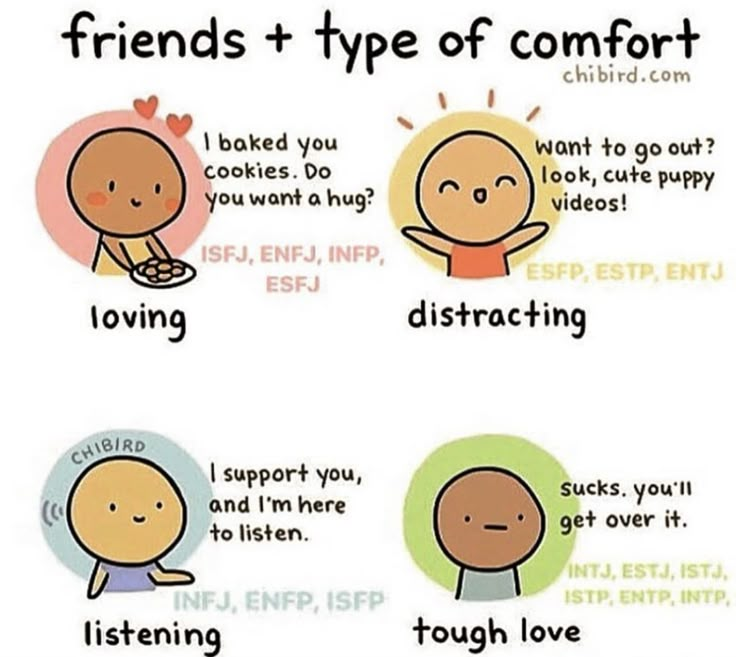 They perfectly feel the weaknesses and strengths of their subordinates. The charisma and communicativeness of this type of leader make subordinates perceive the goals of the company as their own. They know how to motivate employees and boost their morale. Commanders are not tolerant of lazy and incompetent employees.
They perfectly feel the weaknesses and strengths of their subordinates. The charisma and communicativeness of this type of leader make subordinates perceive the goals of the company as their own. They know how to motivate employees and boost their morale. Commanders are not tolerant of lazy and incompetent employees.
Debater, debater (ENTP) are not the kind of employees who will do “ordinary work”. Routine tasks are clearly not for them. They expect their ideas to be heard by management and are open to discussion and debate with colleagues. Controversialists avoid hierarchical structures.
These subordinates calmly challenge the ideas of their superiors. They can't stand rules and management principles. They have a sharp inquisitive mind that allows them to make and generate non-standard solutions. They value constructive criticism, which can improve performance. They need challenging tasks and diverse projects. nine0005
Their passion for argument and overanalysis can strain more hands-on, problem-oriented colleagues. Sometimes, in the struggle for an idea, they seem tough and insensitive. However, their erudition, sense of humor and sociable nature attract colleagues to them. They are storehouses of knowledge. Communication with polemicists is very informative.
Sometimes, in the struggle for an idea, they seem tough and insensitive. However, their erudition, sense of humor and sociable nature attract colleagues to them. They are storehouses of knowledge. Communication with polemicists is very informative.
The debaters feel great in a leadership position. However, the generation of fresh ideas and the development of innovative approaches occupies them more than the management process itself. Subordinate polemicists can only offer non-standard solutions and engage in the phased implementation of the leader's ideas. nine0005
Controversial people do not seek universal love. It is important for them to be known as a respected and intelligent leader. They stand firmly on the ground and in professional debates are able to defend not only their ideas, but also their team.
Types of subordinates, colleagues and leaders: the caste of diplomats It is important for them that their values, principles and beliefs are shared in the professional environment.
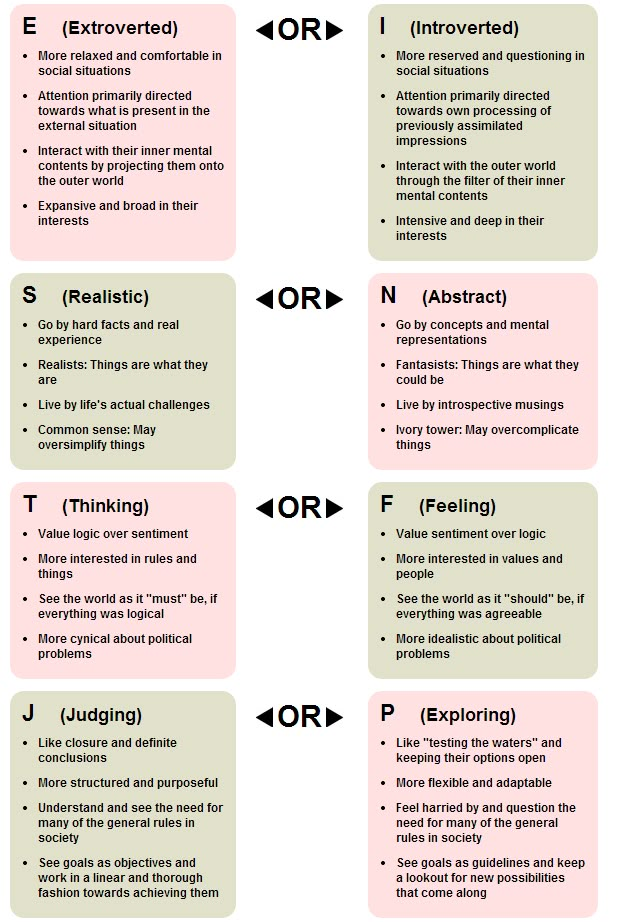 nine0005
nine0005
They are motivated by the meaning of what they do. These are creative individuals. They are extremely resourceful. A strict hierarchy has a depressing effect on activists. Sensitive and independent - these people appreciate the opportunity to be heard.
They need an open leader who will celebrate their contribution to the common cause. At the same time, it is desirable that their values coincide. They are equally sensitive to praise and criticism. The latter can deeply hurt activists. Strict rules, routine tasks, formal structures affect them destructively. nine0005
Activists are born peacemakers. They are able to defuse the conflict situation in its infancy. Sometimes, good relationships become more important for them than efficiency. They can be classified as introverts.
As leaders, they are for equal treatment with both hands. They rarely take advantage of their position. In subordinates, honesty, reliability, high motivation and rigor are important for them.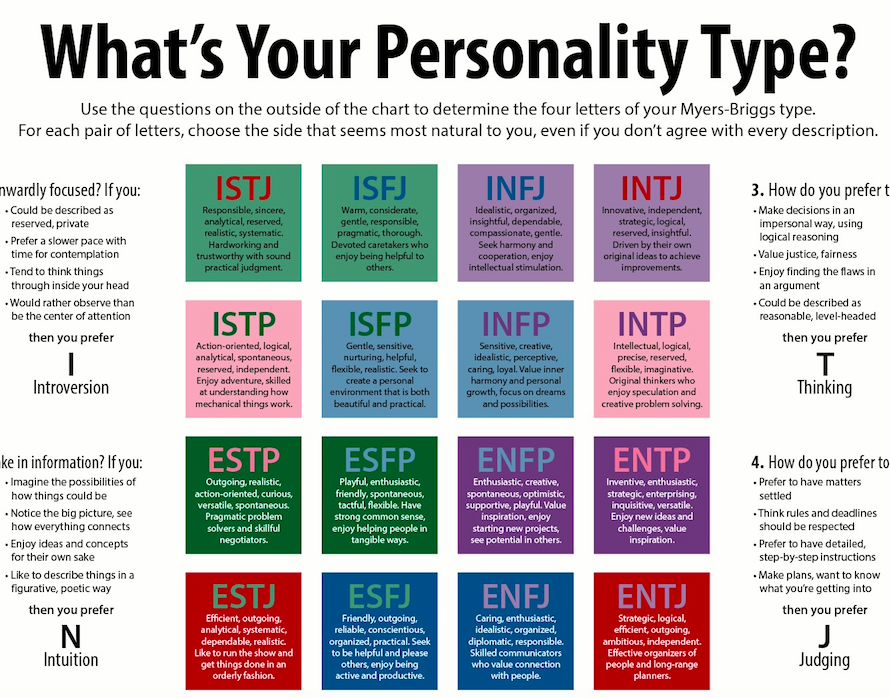 They are fair and empathic. Strive to identify and develop the strengths of their employees. They can be tough with those who violate moral and ethical principles. nine0005
They are fair and empathic. Strive to identify and develop the strengths of their employees. They can be tough with those who violate moral and ethical principles. nine0005
Intermediary, mediator (INFP) - it is important for them to see the purpose in their work. They crave to be useful to other people. They are loyal, optimistic and attentive employees. They are creative and insightful. They are motivated by the opportunity to help others.
They value praise and gratitude and get excited about it. Negative bosses, an overflowing mailbox and a phone torn from constant calls, drive intermediaries into a stressful state. They value freedom, but need time limits and clear directions. nine0005
Equality is important to them. Mediators have a heightened sense of fairness. They don't like conflict. Colleagues often turn to them for advice. They have an empathic communication style.
These managers respect the personality of employees.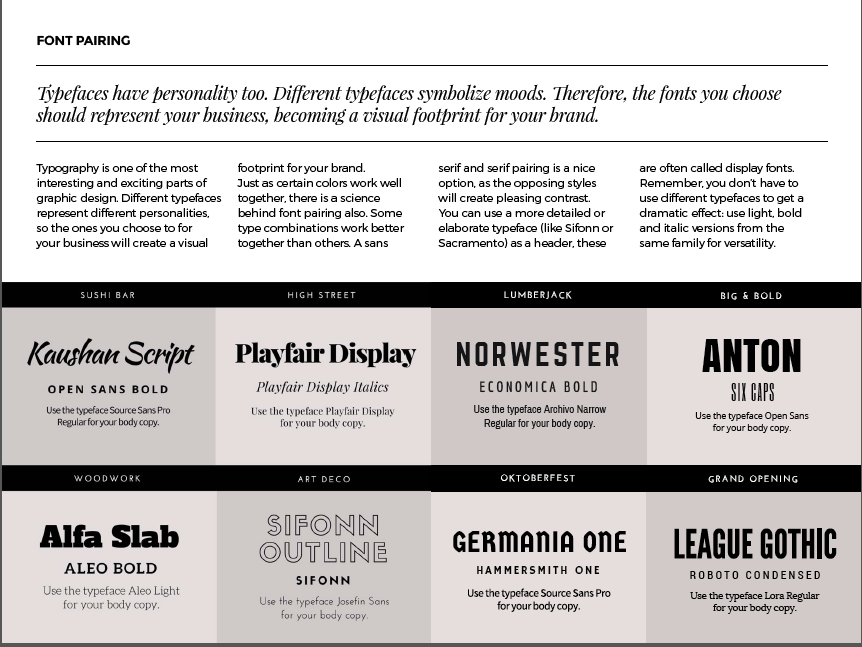 Their weak point is responsibility. Often they consult with subordinates, unable to make a decision on their own. They tend to support employees rather than handing out CC. Mediators encourage employees to develop their own ideas. They should develop strictness with subordinates and set boundaries. nine0005
Their weak point is responsibility. Often they consult with subordinates, unable to make a decision on their own. They tend to support employees rather than handing out CC. Mediators encourage employees to develop their own ideas. They should develop strictness with subordinates and set boundaries. nine0005
Coach, hero (ENFJ) - a charismatic personality type. These are socially active people, charismatics, idealists and creative individuals. They are indispensable in professions with a high communication load.
As subordinates, they are easy to train and excellent at multitasking. Hardworking and responsible. They tend to underestimate themselves and their abilities. Avoid conflicts. They don't like criticism. They have a high risk of burnout.
Always ready to help colleagues. They prefer cooperation. Take care of the comfort of the whole team. Sensitive to other people's needs and responsive to other people's requests.
Such leaders feel the deep needs of subordinates and build a motivational system on them. Sometimes they are subtly manipulative, but with subordinates they always adhere to a win-win position.
Sometimes they are subtly manipulative, but with subordinates they always adhere to a win-win position.
Fighter, agitator (ENFP) - for this type of employee in the company, it is important to explore new ideas together with like-minded people. They don't like hierarchy. Their special qualities include creativity, sincerity and lack of prejudice towards other people. They are good listeners. These are innovators who are able to inspire by their own example and increase team morale. nine0005
As subordinates, agitators have good adaptability, cannot stand control, and are independent. The ideal option for relationships with management is cooperation or partnership. With this type of relationship, they will have maximum involvement.
Campaigners regard colleagues as friends. They are optimists who will always cheer up and support those who are experiencing difficulties or are in a bad mood. Their forte is brainstorming. Able to listen and consider all opinions. Often they are informal leaders. nine0005
Often they are informal leaders. nine0005
As leaders believe in the internal motivation of employees, build friendly relations with subordinates. Consider the needs of the entire team.
Types of colleagues, subordinates and leaders: guardian caste He respects authority and chooses companies with a clear hierarchical structure. Administrators strictly adhere to the rules and expect this from others. Responsibility for them is a symbol of trust. They find it hard to bear any changes in the organization that affect them personally. nine0005
Clear instructions are important to them in their projects. They often turn out to be generalists. Due to their increased sensitivity to criticism, their flexibility often suffers. These are punctual workers who take their duties seriously. Always finish what they start. In work, they show corrosiveness and meticulousness.
They are calm and consistent employees who never miss deadlines.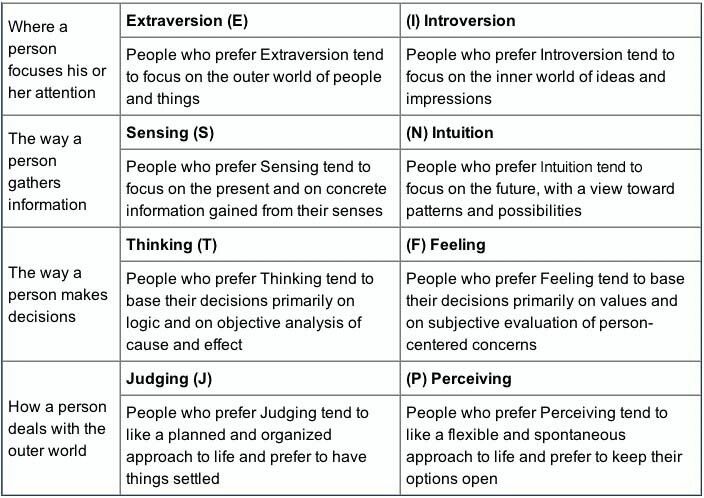 Empathy is not their forte. They prefer to work alone. Logisticians do not participate in the development of new ideas or a plan for their implementation, but become indispensable in the process of their implementation. nine0005
Empathy is not their forte. They prefer to work alone. Logisticians do not participate in the development of new ideas or a plan for their implementation, but become indispensable in the process of their implementation. nine0005
Logistics managers have a real cult of responsibility. They like to do everything according to the instructions and expect the same from their subordinates. You can only deal with them with facts and figures. Logisticians require strict adherence to the plan. For them, the truth is more important than the feelings of other people. Prone to tough decisions and criticism.
Defender (ISFJ) - you can always rely on this type of employee. Kindness, devotion and concern for other people's problems make them indispensable in the face of unexpected obstacles in work processes. nine0005
The opportunity to help others and sincere gratitude in return is a powerful lever to control the defender's deep motivation.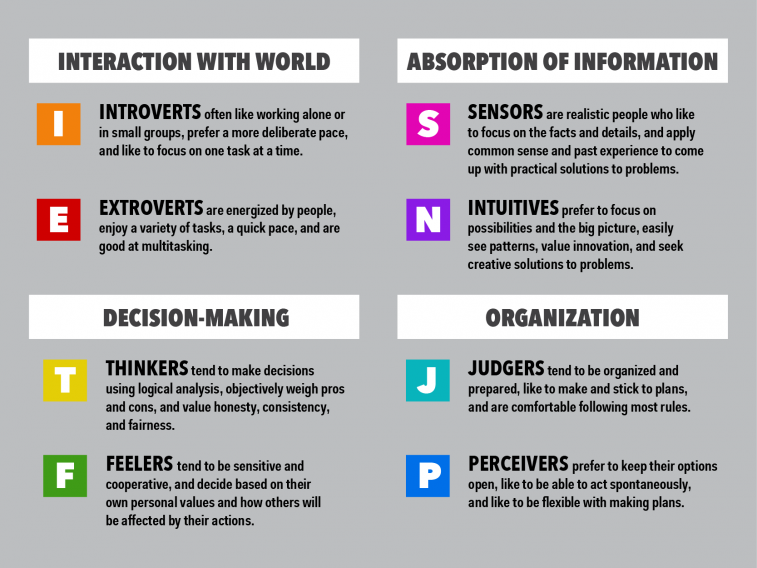 They are not the type to brag about their accomplishments. These are modest and reserved personalities. They are an example of loyalty. These are the employees who, in the event of the dismissal of their leader, leave for him. In order not to fall into stress during organizational changes, it is important for them to be aware of the correctness of the upcoming changes.
They are not the type to brag about their accomplishments. These are modest and reserved personalities. They are an example of loyalty. These are the employees who, in the event of the dismissal of their leader, leave for him. In order not to fall into stress during organizational changes, it is important for them to be aware of the correctness of the upcoming changes.
Among colleagues defenders are known as altruists. They feel best in friendly and close-knit teams. They are dedicated and sincere colleagues. They are disgusted by conflicts. They find it hard to say no. nine0005
Deep at heart, protective leaders don't like to control people. They prefer to work equally with subordinates. You can always turn to such a boss for help. He will not only listen and give good advice, but also show warmth and support. Defenders try to minimize conflicts. Build friendly relations with subordinates. They can be overly sensitive, which is a minus for the leader.
Manager, manager (ESTJ) are people of order.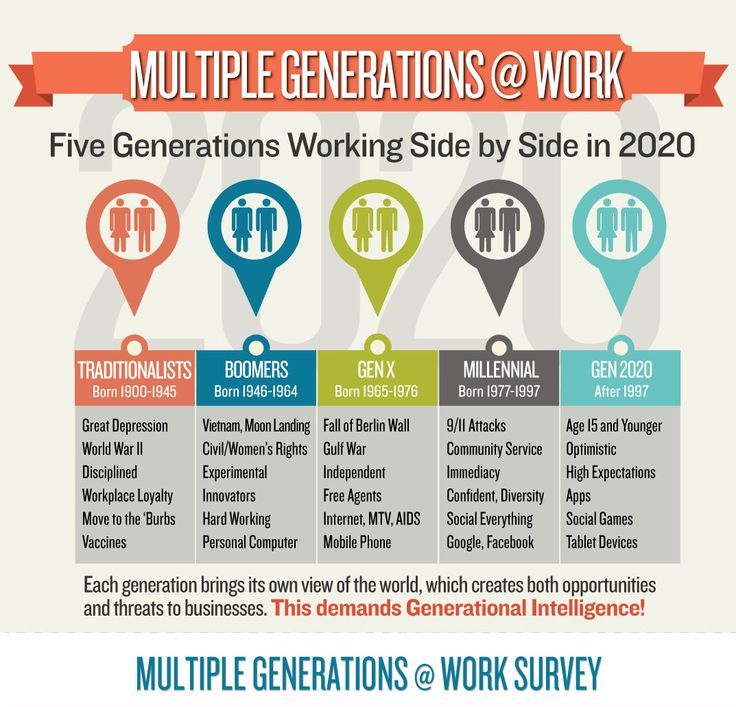 They make rules and follow them. In work, they strive for a high level and expect the same from others. Can't stand irresponsible employees. Their disadvantages include excessive stubbornness and lack of flexibility. They are not prone to experiments in work and prefer proven methods.
They make rules and follow them. In work, they strive for a high level and expect the same from others. Can't stand irresponsible employees. Their disadvantages include excessive stubbornness and lack of flexibility. They are not prone to experiments in work and prefer proven methods.
Their loyalty and loyalty depend on the respect they have for the company and the leader. Employees of the psychotype manager express their opinion openly and can be disgustingly honest. nine0005
They like well-organized workplaces and processes. Managers are honest and friendly colleagues. They are risk averse. The most difficult thing for them is communication with those who like to promote risky and controversial ideas. Managers are positive about constructive criticism. They love to feel like part of a team.
Building effective teams is the forte of executive managers. They cannot stand laziness and violating the work ethic. As leaders, managers demand recognition of their authority and adherence to rules.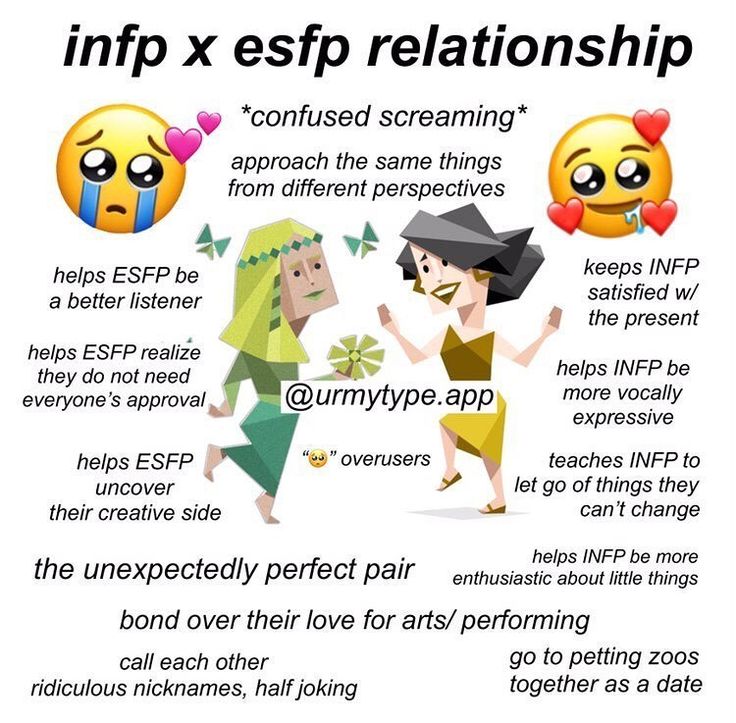 Their expectations are always clearly and accessiblely expressed, which leaves no room for the subordinates to maneuver. nine0005
Their expectations are always clearly and accessiblely expressed, which leaves no room for the subordinates to maneuver. nine0005
Consul (ESFJ) - this psycho type has a high social intelligence. Such people have no equal when it is necessary to convey and control the performance of duties by other employees. They feel comfortable in organizations with a strict hierarchy and clear distribution of roles.
Consuls are loyal, hardy and hardworking subordinates. They recognize the authority of their leader. Consuls have a negative attitude towards excessive freedom and improvisation. They do a great job with routine tasks. These are team players. Paper work squeezes them out. The consul will be the first to lend a helping hand to a colleague. Networking for them is as natural a process as breathing. They appreciate the appreciation of colleagues. Criticism or rejection of offered assistance can hurt a sensitive consul. nine0005
Consul-leaders expect subordinates to respect their authority.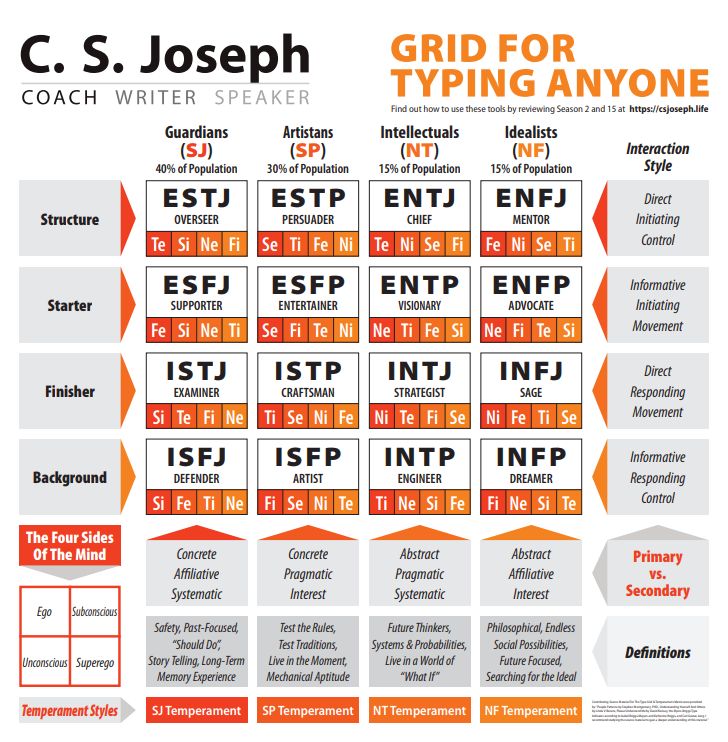 And in every way they support it with rules and standards. Consuls are not afraid to take responsibility. They enjoy managing people. Consuls are able to unite people into effective teams and achieve high involvement from employees. They do not like conflict and prefer to strictly adhere to traditional roles.
And in every way they support it with rules and standards. Consuls are not afraid to take responsibility. They enjoy managing people. Consuls are able to unite people into effective teams and achieve high involvement from employees. They do not like conflict and prefer to strictly adhere to traditional roles.
Employee personality types: caste seekers
Virtuoso, master (ISTP) - this type of personality is a pragmatist in life. The incentive to work for such an employee is well-being. He is not the kind of person who will work for an idea. He expects material returns from his work. Virtuosi prefer to work in a small cozy space. For them, the friendly attitude of colleagues is important.
Despite their natural modesty, virtuosos are sensitive to praise. Recognition of merits and talents motivates them to work more efficiently. During a period of decline in efficiency, virtuosos need the attention and support of colleagues. nine0005
nine0005
Strict rules, formal arrangements and strict adherence to the plan oppress the virtuoso subordinate. Such people find it difficult to change habits and working methods under pressure from management. They do not take quiet stubbornness. Strategy is not their forte. They tend to solve tactical problems. They know how to finish what they start.
Quiet, rational, and reserved virtuosos can be unintentionally rude to colleagues. This offends thin-skinned employees. The spontaneity and low level of empathy of virtuosos are to blame. They themselves are resistant to conflict situations and are able to defuse the situation with a good joke. nine0005
The virtuoso leader communicates with subordinates in the way he would like to be communicated with him. A minimum of conversations and free borders are held in high esteem. They are weakly emotional and therefore seem cold and distant to employees. They do not like the talkativeness and excessive emotionality of subordinates.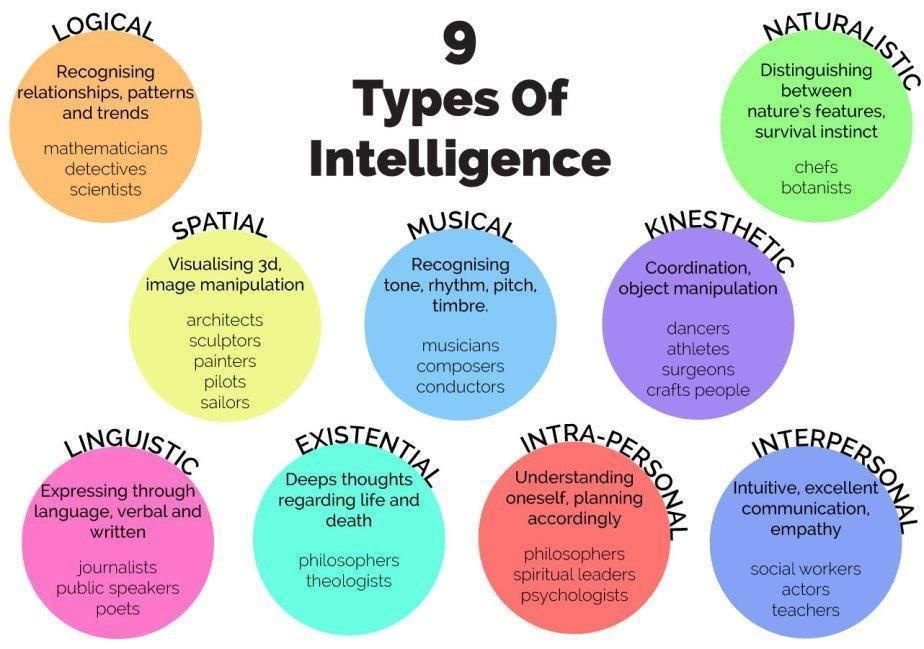 However, a virtuoso is able to listen carefully to a colleague and offer a rational, impartial solution. His business activity is focused on the current situation and the logic of facts.
However, a virtuoso is able to listen carefully to a colleague and offer a rational, impartial solution. His business activity is focused on the current situation and the logic of facts.
Artist, adventurer (ISFP) - this type of employee works productively when there is no rush and the usual rhythm of life is not disturbed. An artist is a creative spontaneous person. In work, they definitely need room to maneuver. Strict adherence to rules, a rigid hierarchical structure is not for them. They can't stand management control. It is important for them to set specific goals, and otherwise give them complete freedom of action.
Artists love to learn and solve problems. They are modest and therefore do not rush to offer their help, but wait to be called. They need to feel appreciated. nine0005
This type of employee prefers to be on equal terms with colleagues. Despite high communication skills, excessive social activity can drain artists.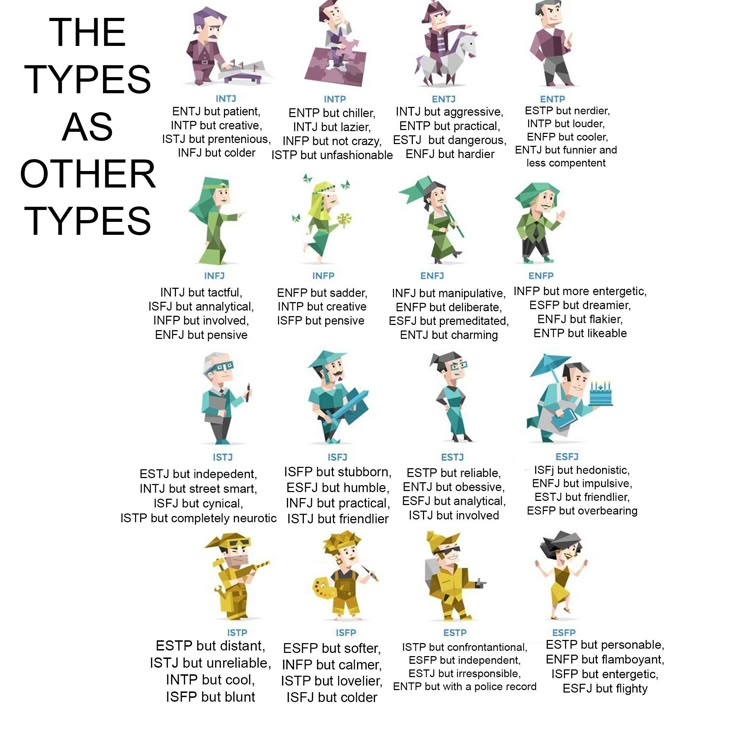 They are tolerant of people and friendly. Sensitive to praise. The priority of artists' personal goals can sometimes get in the way of work.
They are tolerant of people and friendly. Sensitive to praise. The priority of artists' personal goals can sometimes get in the way of work.
The sensitivity of artists makes them attentive and caring leaders. In relationships with subordinates, they prefer the format of cooperation. The leader of this type is a born diplomat. He prefers to resolve issues at an informal level. Committed to helping those in need. nine0005
Artists know how to harmonize the personal motives of their employees with work tasks. They will work together with subordinates, roll up their sleeves and inspire the team by personal example 4 .
Entrepreneur (ESTP) is the type of smart, energetic person who values risk. Has an entrepreneurial streak. Noisy, fun and spontaneous. Problems are solved as they come up. People of this psychotype are highly adaptive.
They hate rules, which makes them problematic subordinates.
They have a quick mind and a strong inclination to experiment. Routine tasks, monotonous actions make businessmen sad. They are not afraid of uncertainty. They are able to be effective in a crisis. The honor roll was designed specifically for this type of personality. Nothing motivates entrepreneurs more than making them stand out from other employees.
Routine tasks, monotonous actions make businessmen sad. They are not afraid of uncertainty. They are able to be effective in a crisis. The honor roll was designed specifically for this type of personality. Nothing motivates entrepreneurs more than making them stand out from other employees.
They can talk to anyone and about anything. They know how to make the right connections. Dealers have low emotional sensitivity. They will not hesitate to accuse a colleague of laziness or incompetence. nine0005
A managerial position is best suited to a businessman. Here he can show all the flexibility and move away from the usual traditions and foundations. They are practical and strive to improve work processes. Dealers set measurable and achievable goals for subordinates. They are steadily moving towards the finish line.
These are strong-willed individuals. Dealers know how to assess the alignment of forces. Tends to be hierarchical. Respect penetrating subordinates.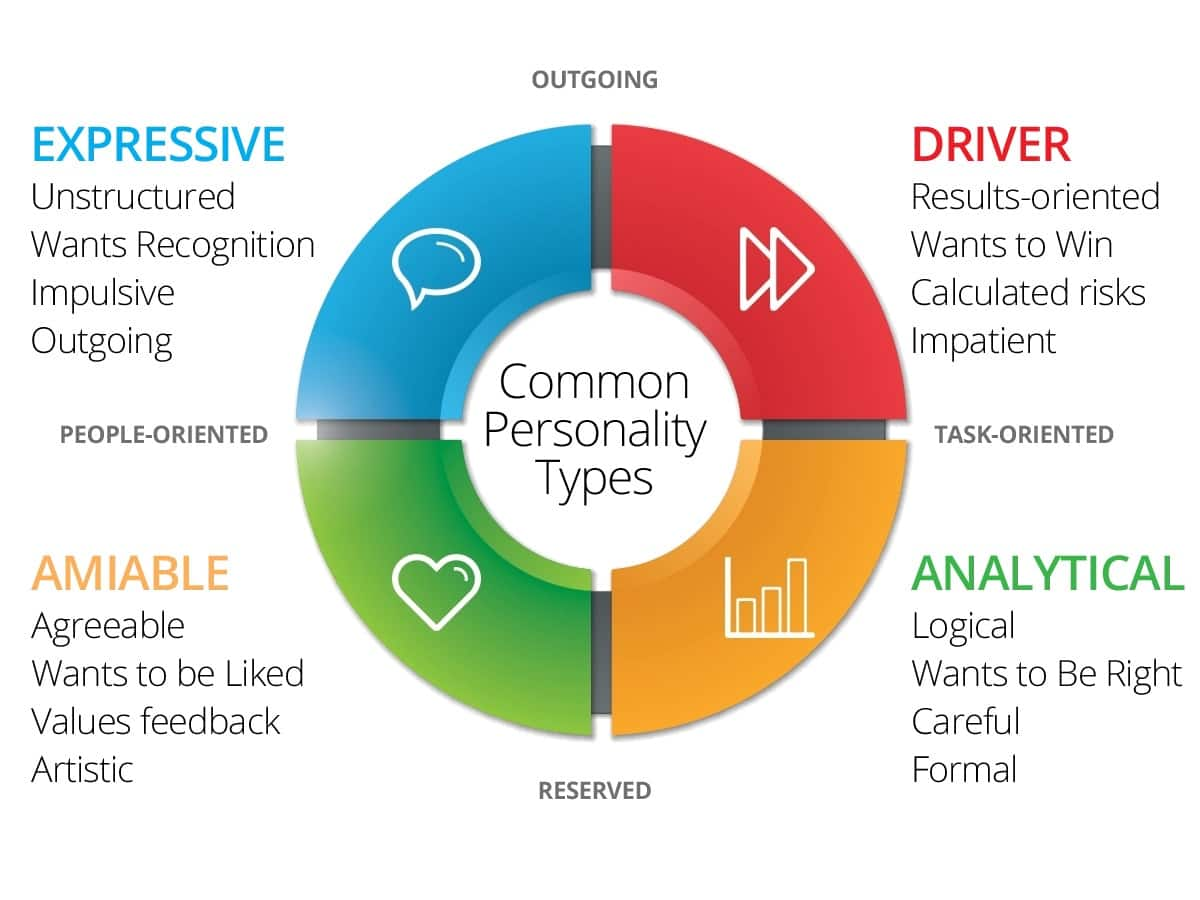 In conflict situations, they adhere to a competing style of behavior. They exercise administrative control with subordinates. In business can be unethical. Focused on increasing profits. nine0005
In conflict situations, they adhere to a competing style of behavior. They exercise administrative control with subordinates. In business can be unethical. Focused on increasing profits. nine0005
Entertainer, Entertainer (ESFP) - These employees value freedom and independence over safety. Therefore, they can easily quit if they feel pressure and severe restrictions. Sometimes they are irresponsible. Subordinate entertainers cannot stand routine actions and repetitive typical tasks. They can be selfish and impatient. They love change and new ideas. Entertainers tend to get quick results.
These employees get along well with their colleagues. They know how to defuse tense situations. Spontaneous and resourceful entertainers are happy to organize a corporate event. Colleagues appreciate them for their easy communication style and wit. They are able to create a comfortable environment in a playful manner and involve other employees in performing practical tasks. Entertainers are indispensable in a dynamic stressful environment. Sensitive to criticism. nine0005
Entertainers are indispensable in a dynamic stressful environment. Sensitive to criticism. nine0005
The head of this psycho type is a clever manipulator. This is an inspiring leader. He pumps up the team with energy and positivity, which help to achieve high results. Remember the famous "Wolf of Wall Street" performed by Leonardo DiCaprio?! A typical leader-entertainer.
Such a boss fearlessly rushes into the thick of work and “rows” along with everyone else. He is great at resolving conflicts. You can always come to him with your proposal or complaint about what interferes with work. He will definitely listen and support. nine0005
We analyzed 16 psychotypes. Each of them has its own advantages and growth areas, which should be taken into account when forming a team and delegating authority. However, in addition to the psychological classification of employees, there is a division according to the style of leadership. And this is also important to consider at work.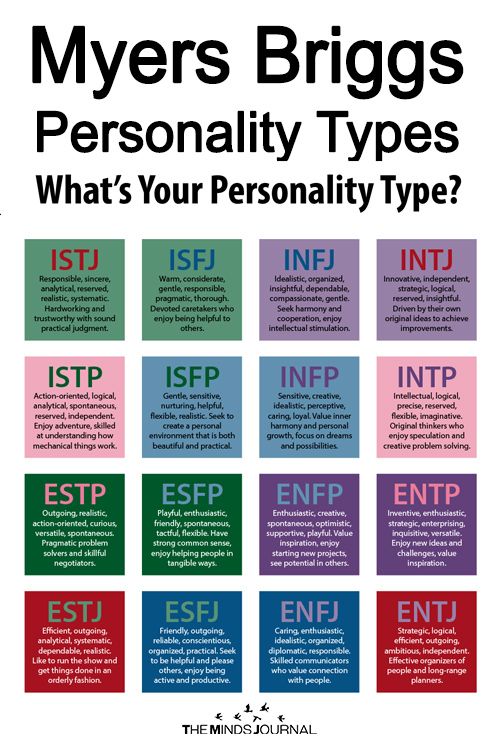
According to statistics, 84% of businesses are controlled by informal leaders. Some employees help colleagues adapt to the upcoming changes. The second - take responsibility for the team in a crisis period. Thirdly, they make sure that colleagues adhere to the intended course and everything happens according to the rules. nine0005
Someone who explains difficult things to colleagues easily and simply. And someone in time throws up a new idea that leads the team to success. All these people are already in your company! Do you want to know your heroes in person?
Smart behavioral analytics platform Yva.ai allows you to identify opinion leaders and effectively manage the leadership process.
In addition to leadership styles, the Yva.ai platform dynamically evaluates indicators of employee well-being (burnout), satisfaction and skills. nine0005
Would you like to know more about how it works? Register for a master class with a Yva.
